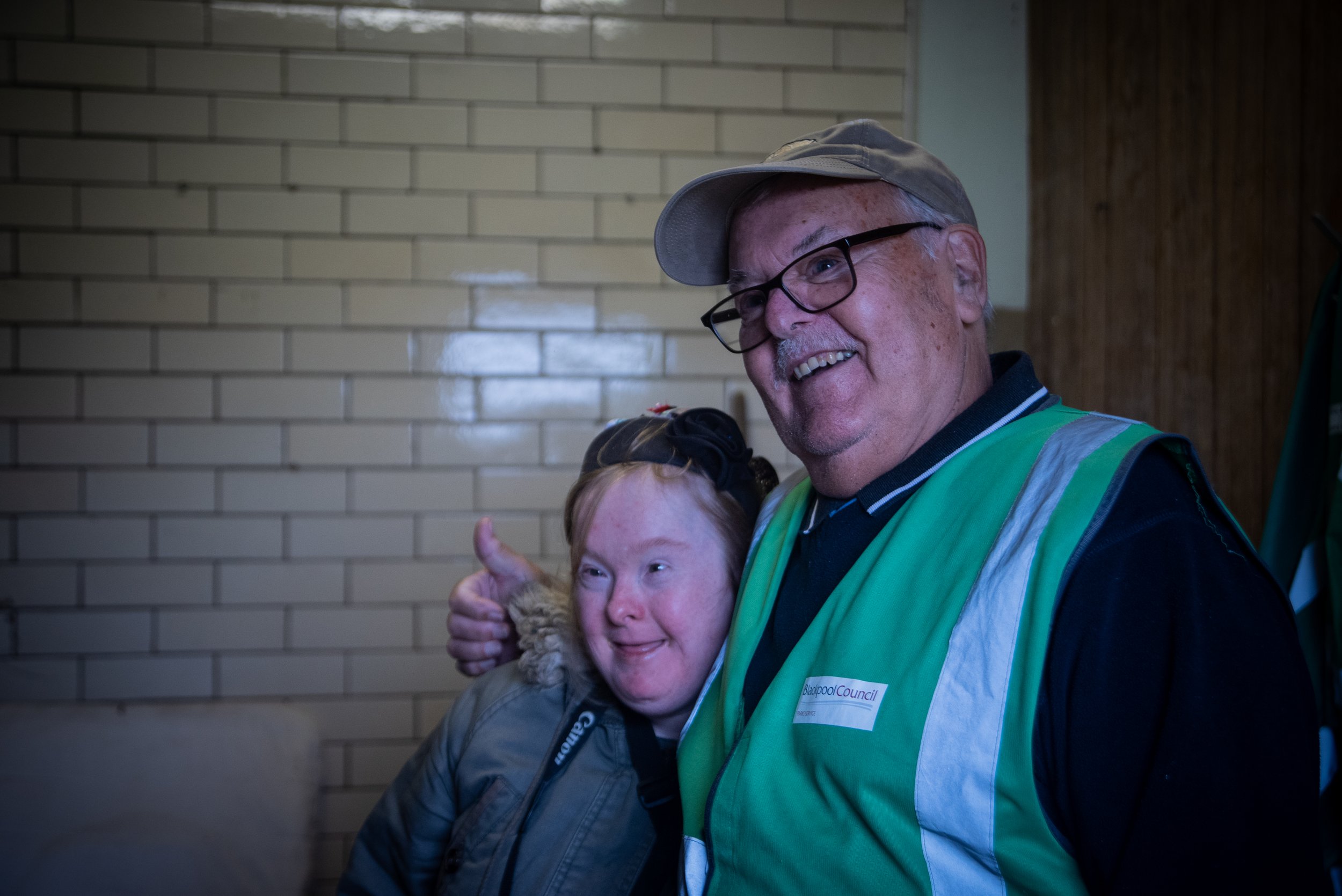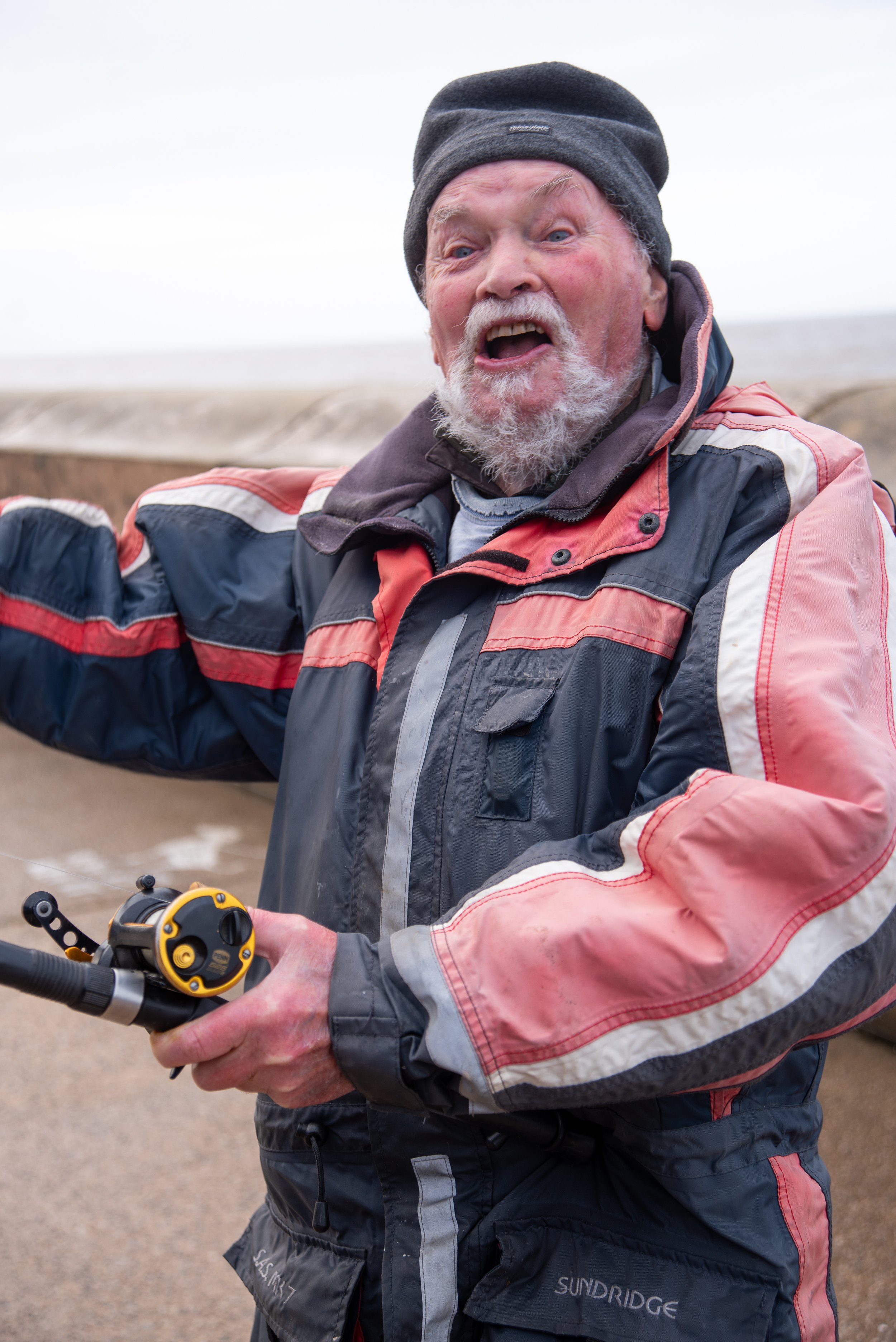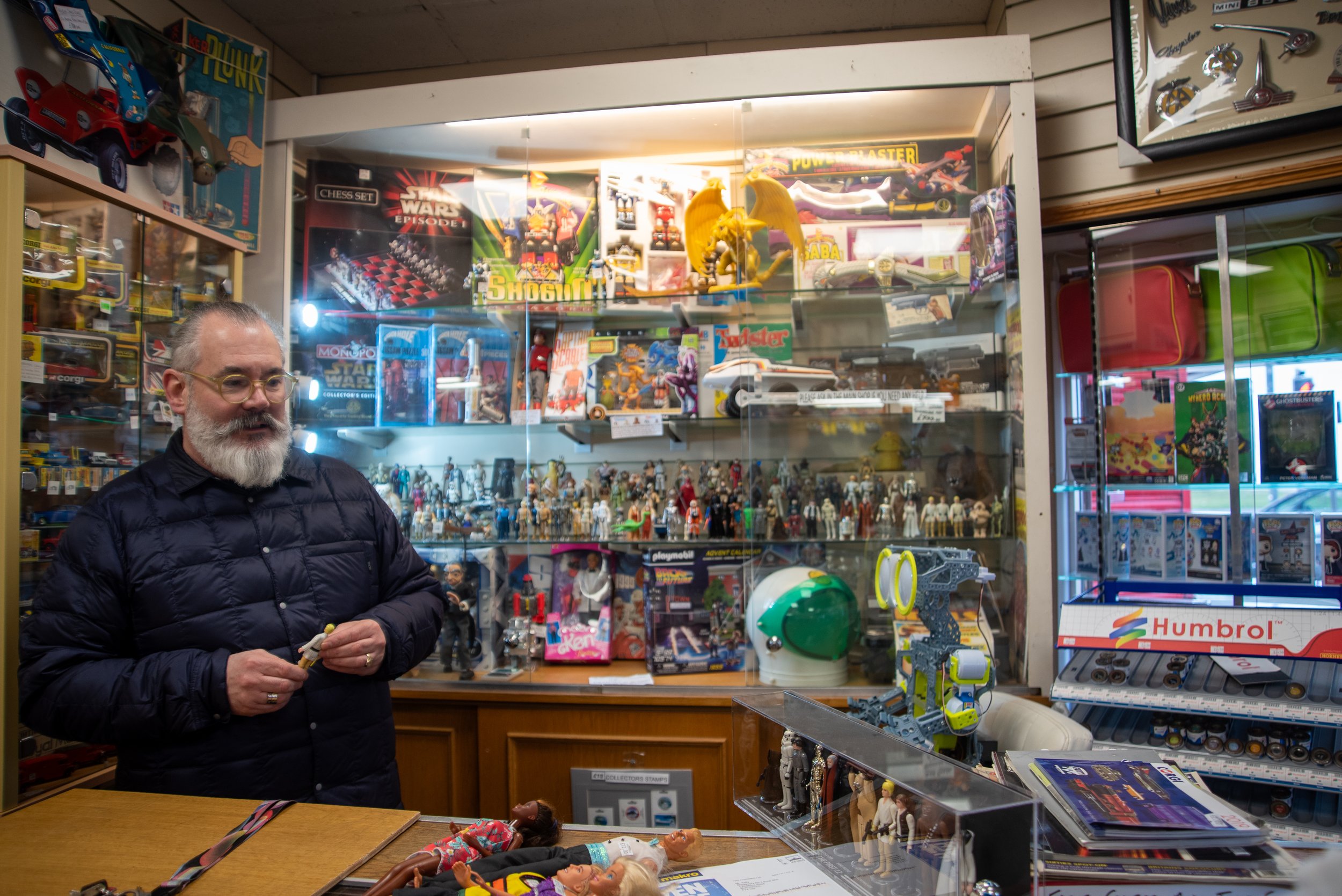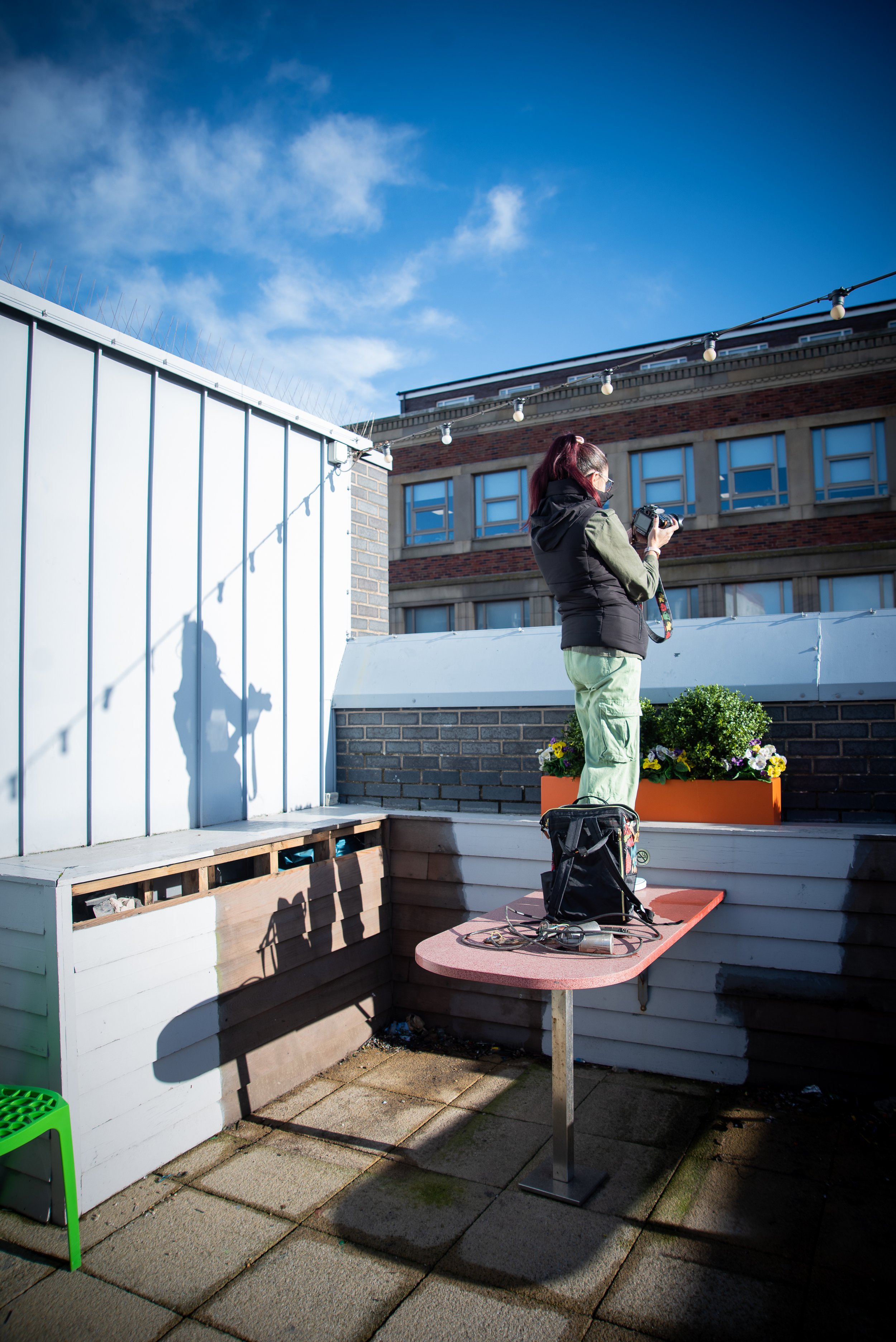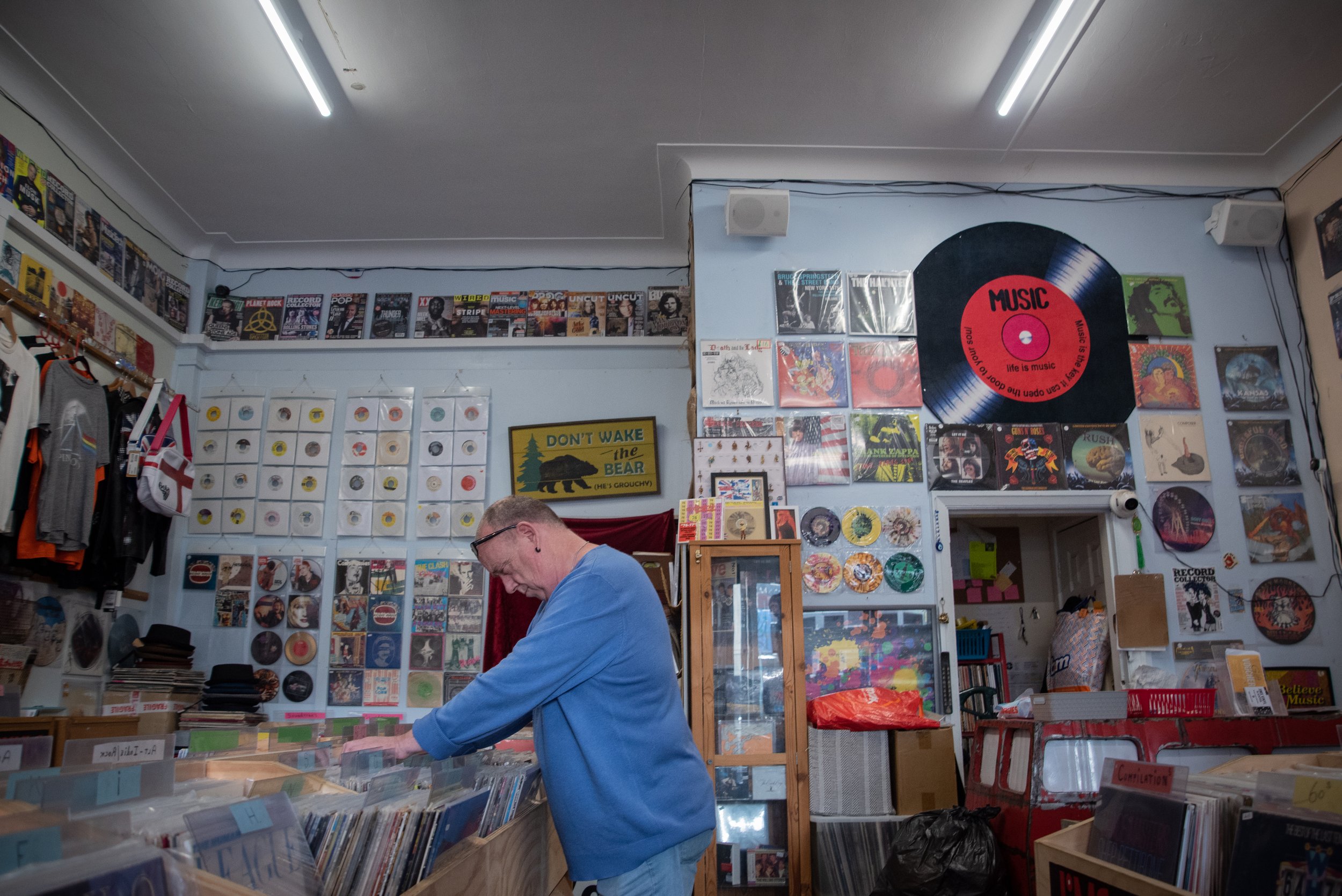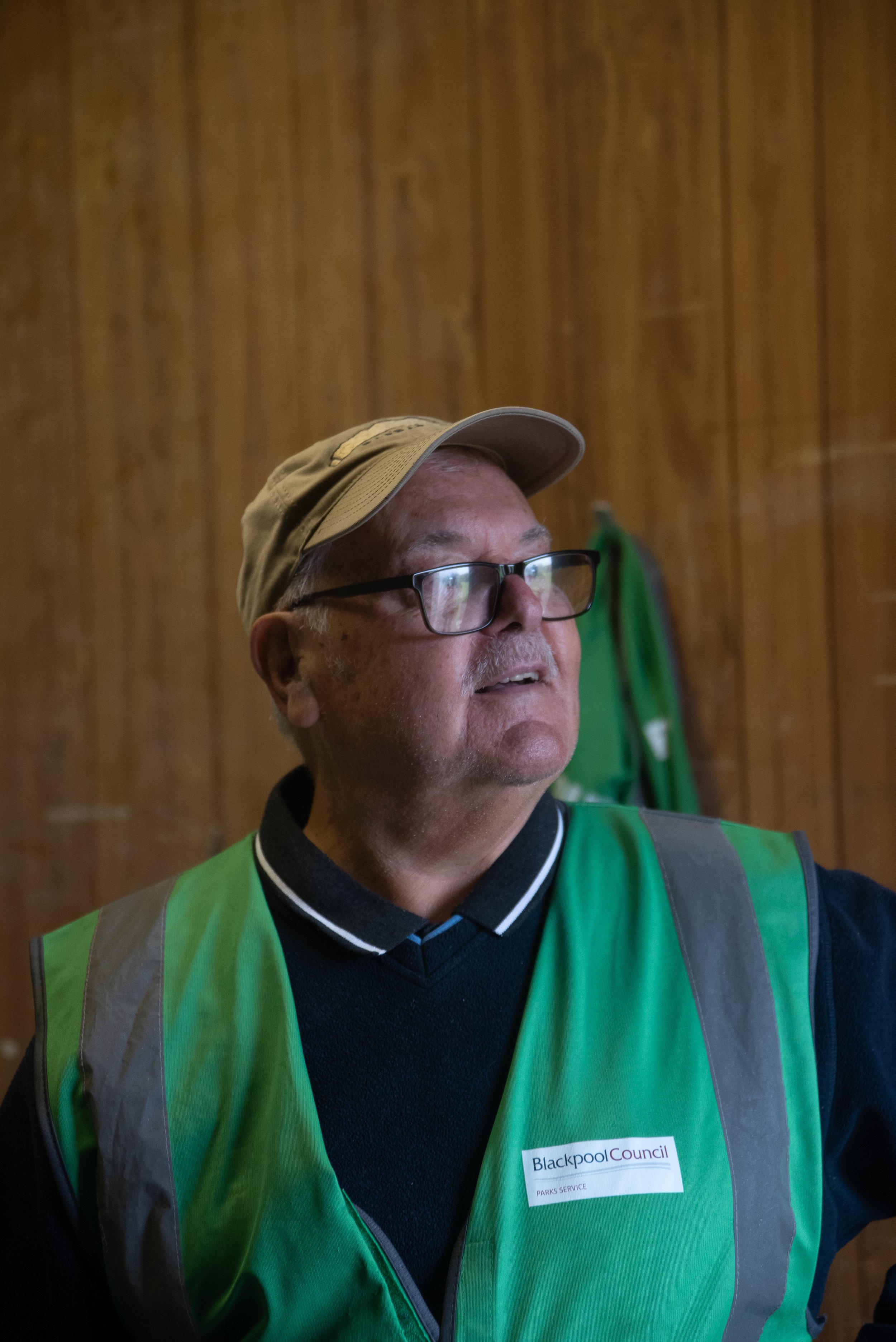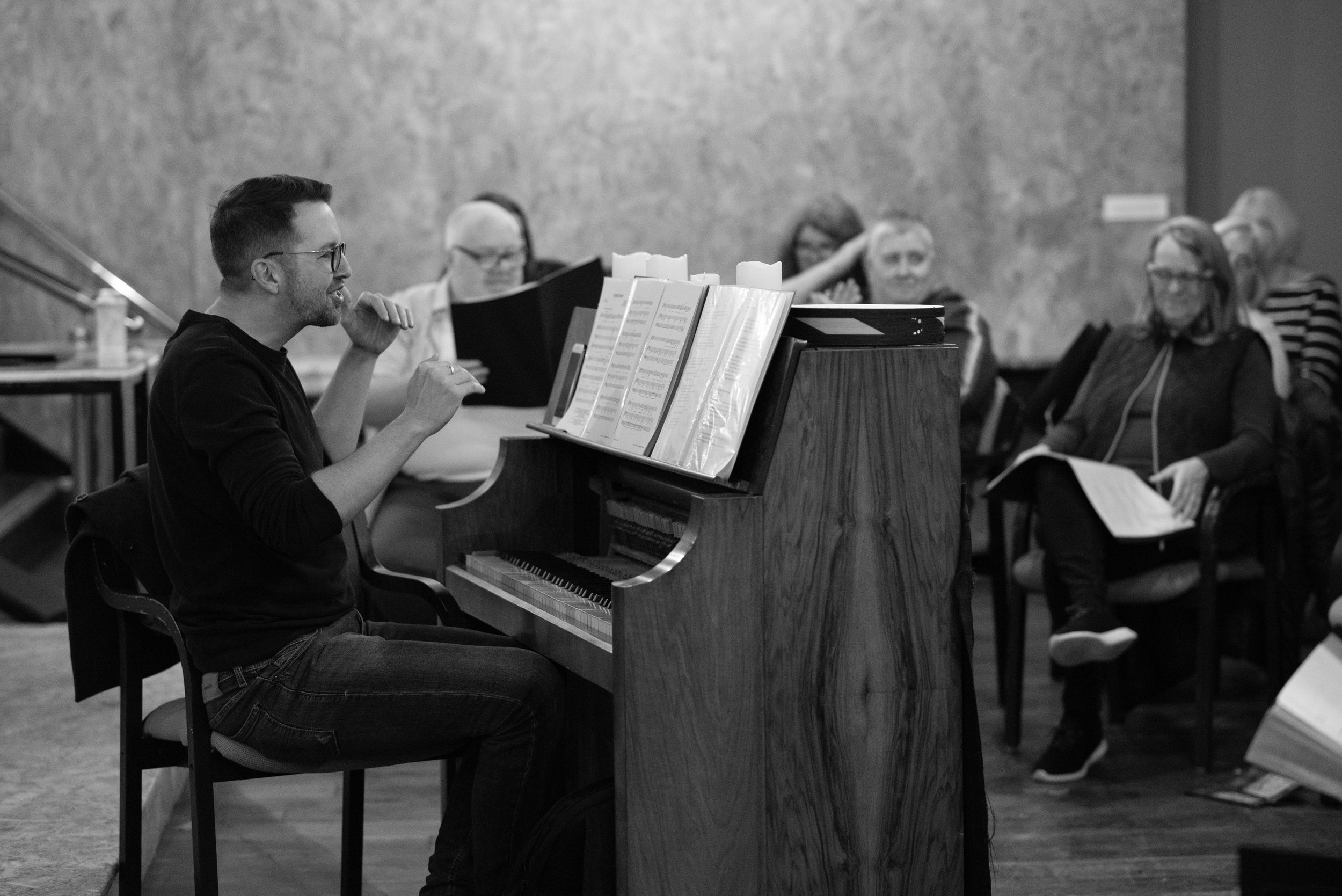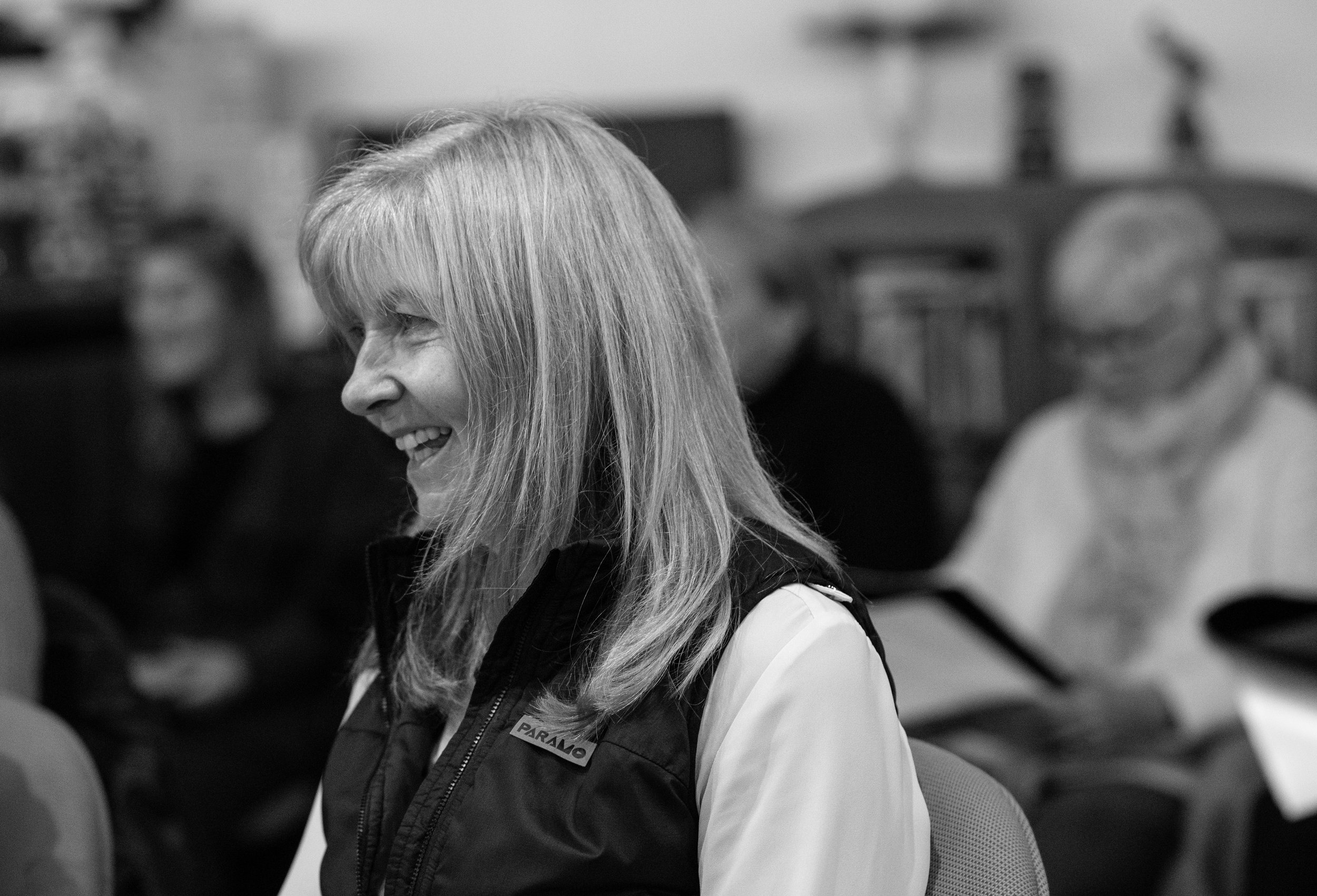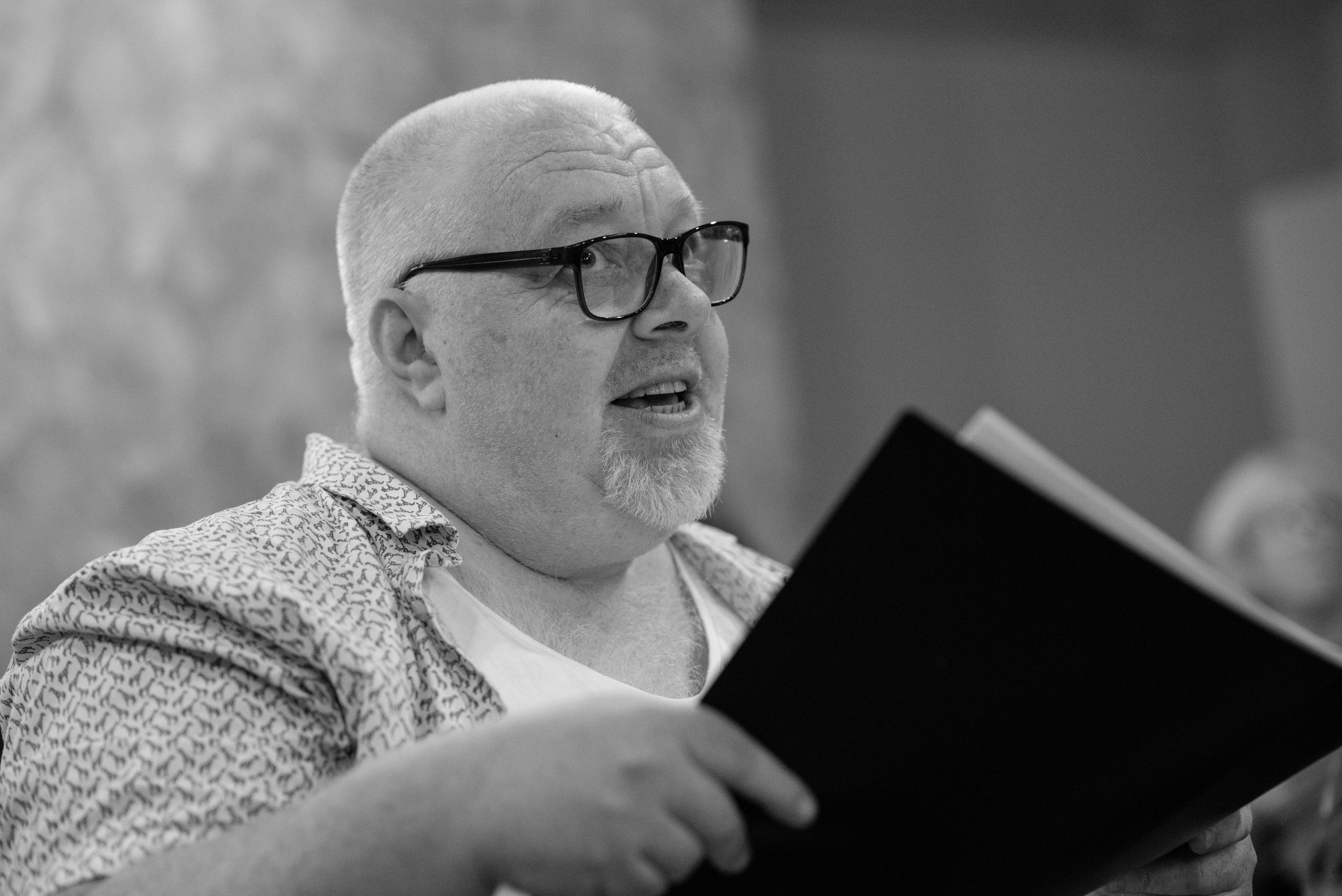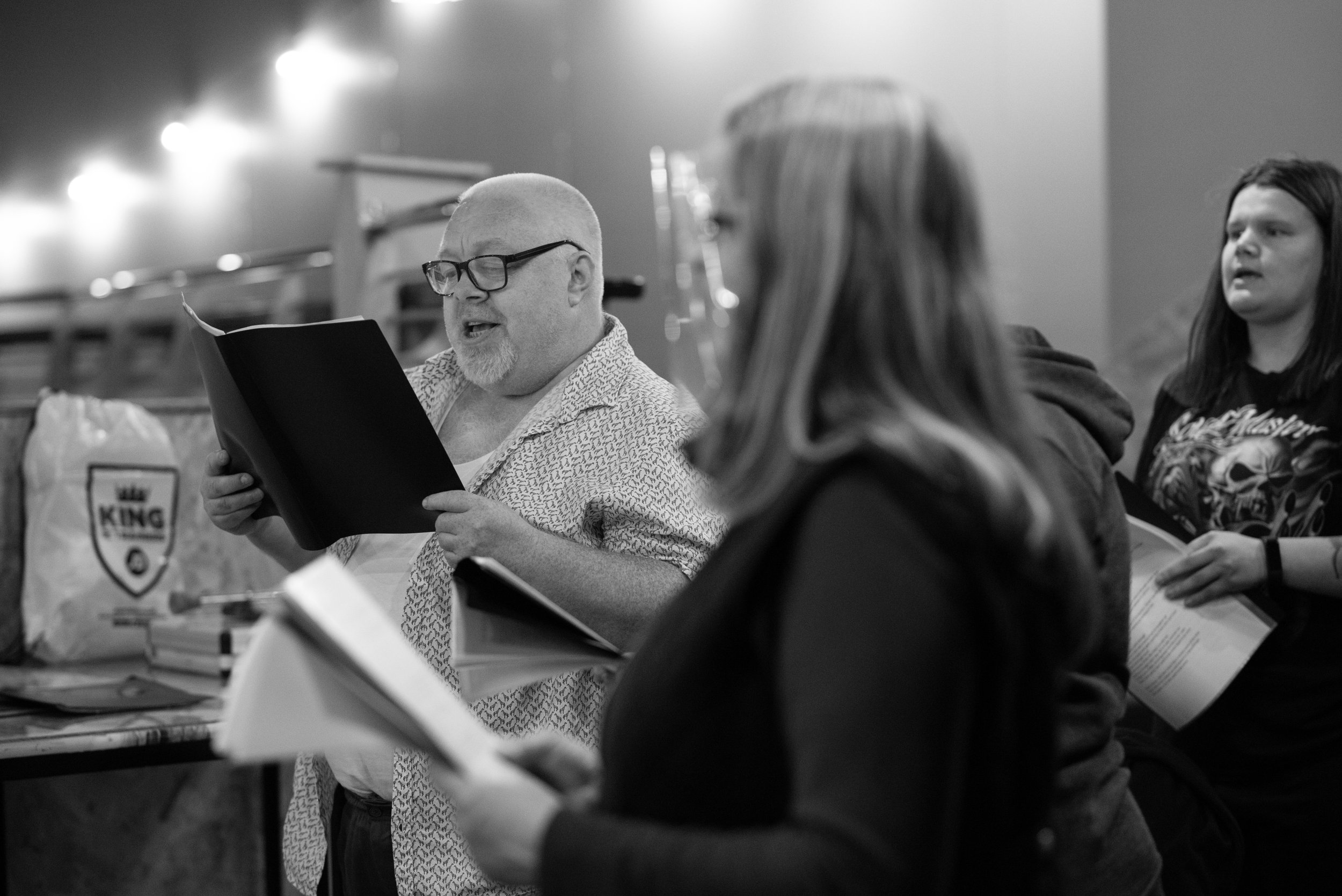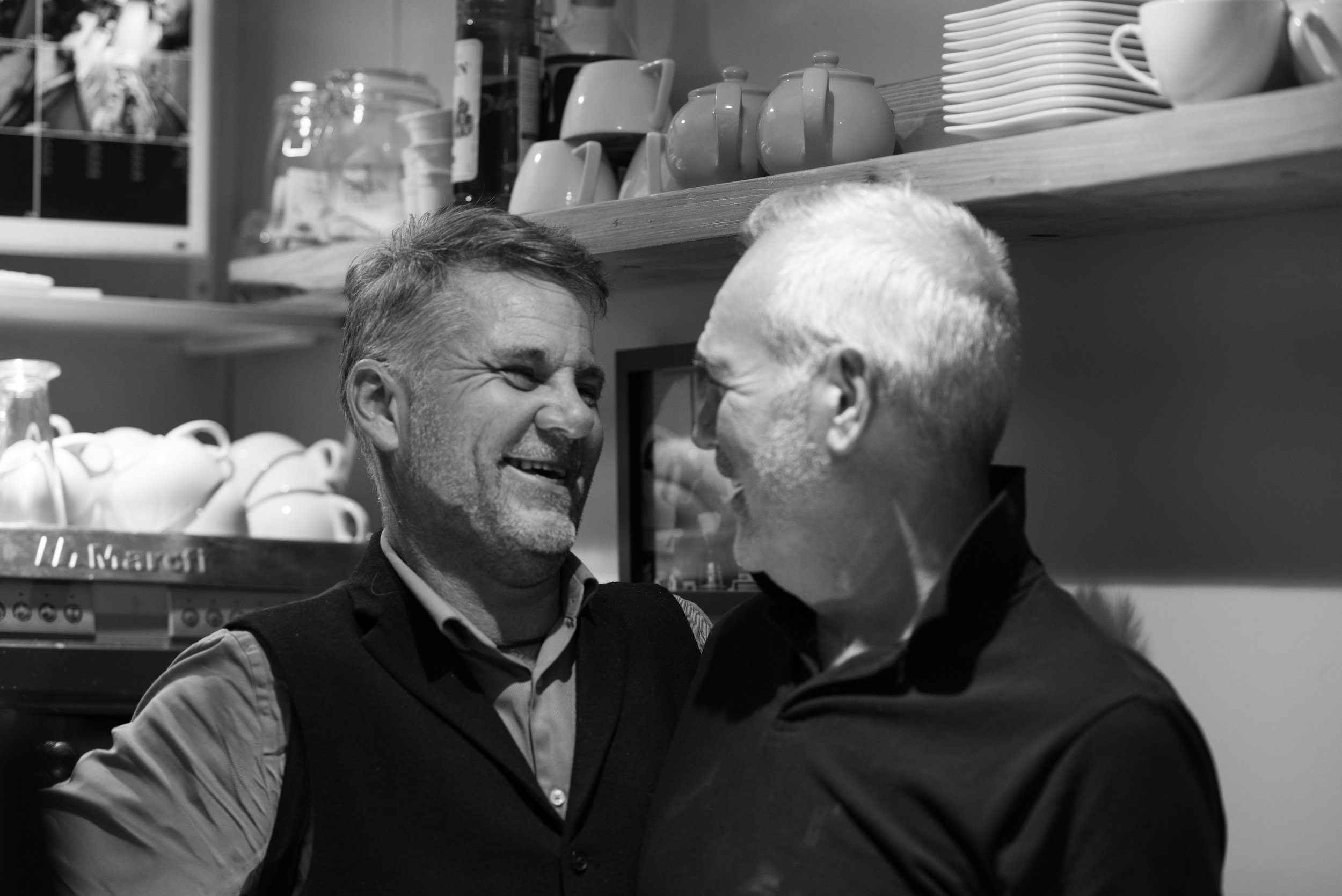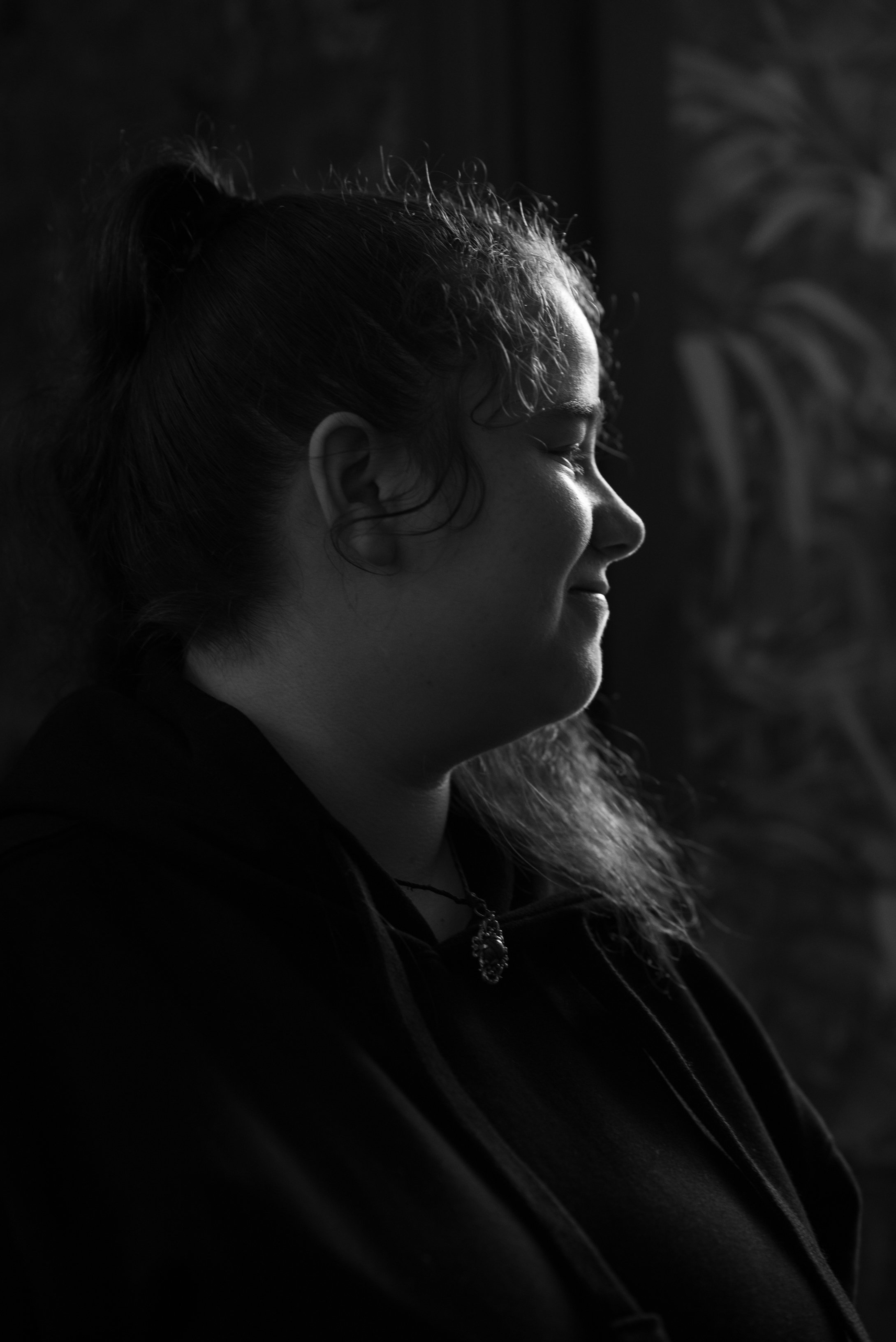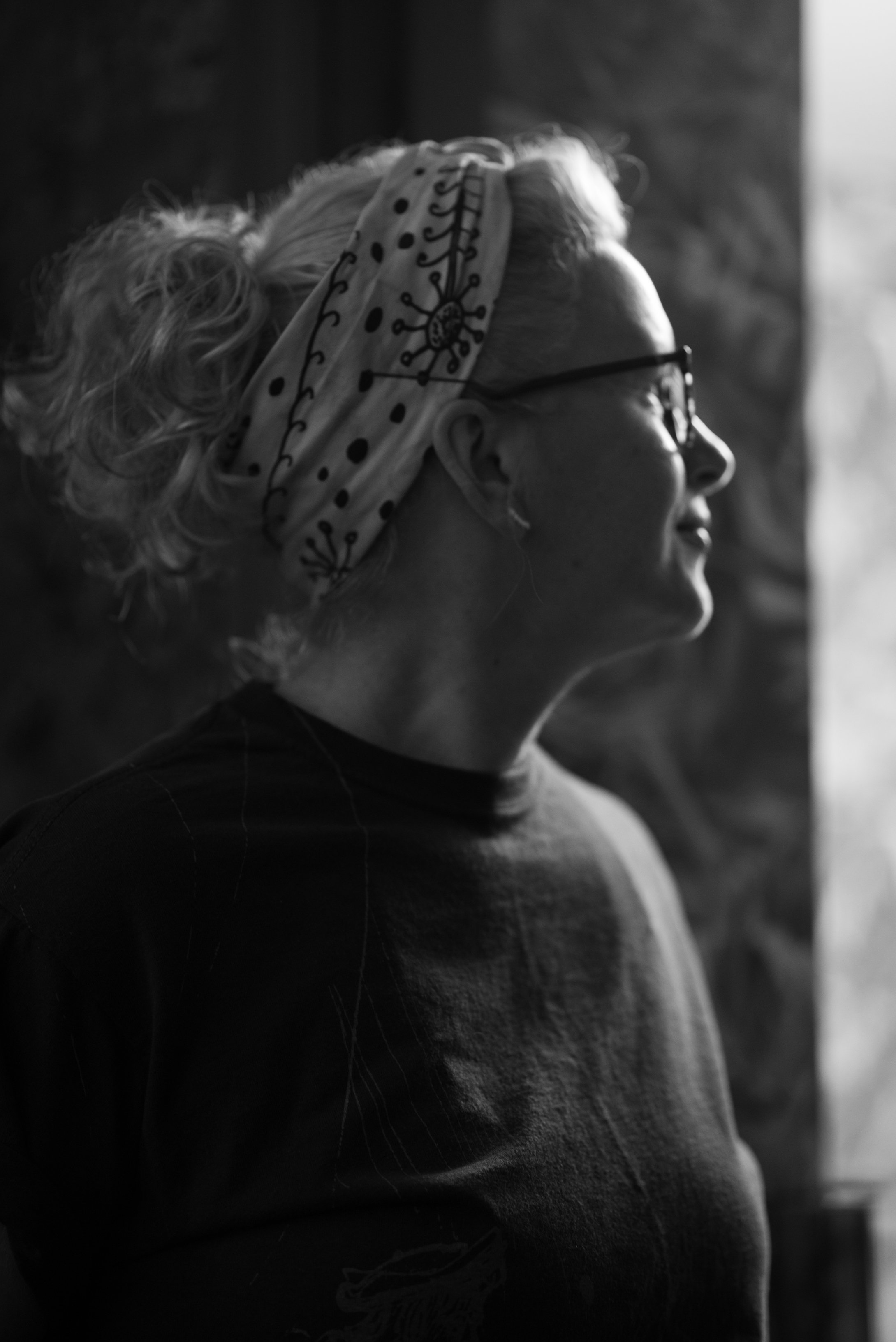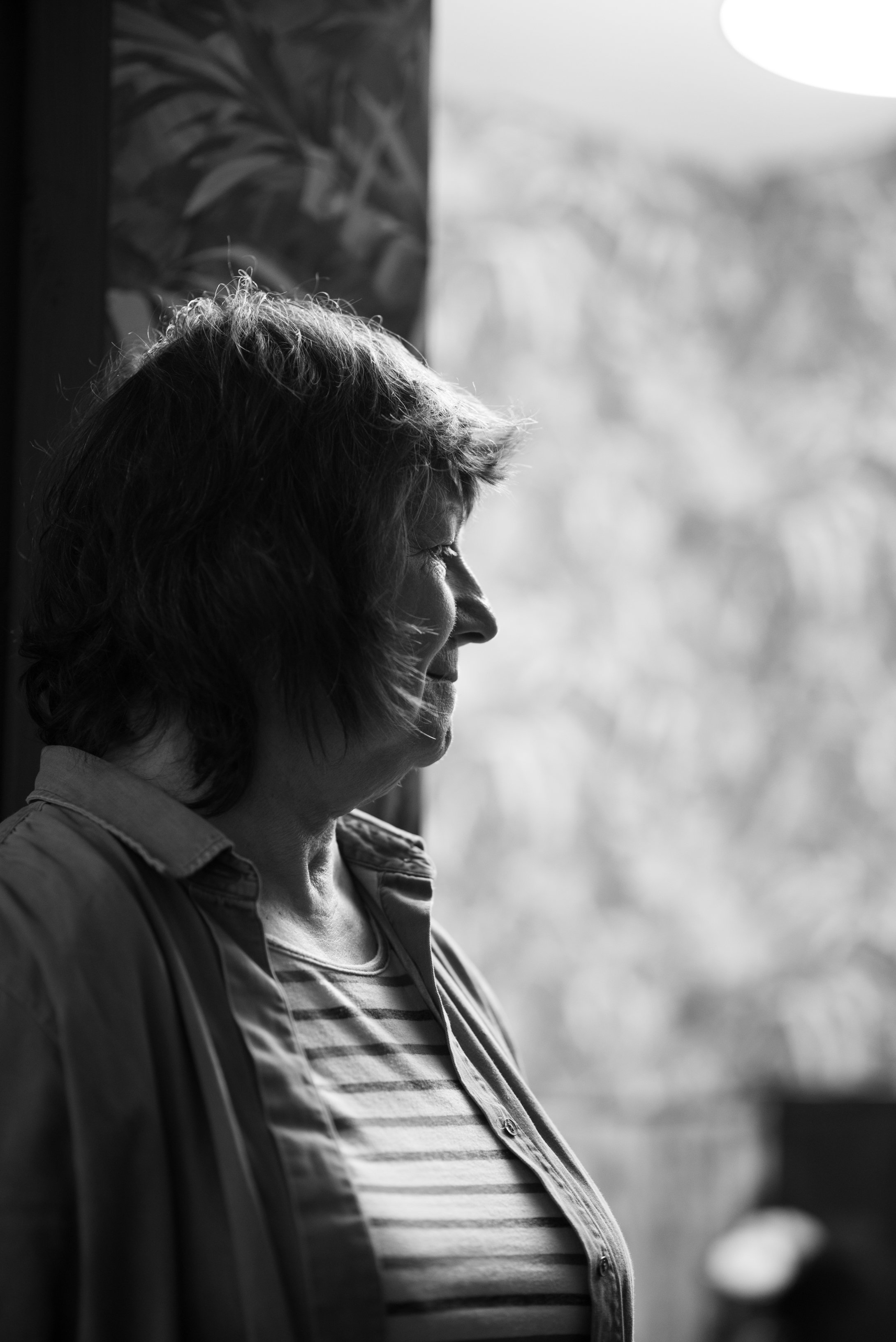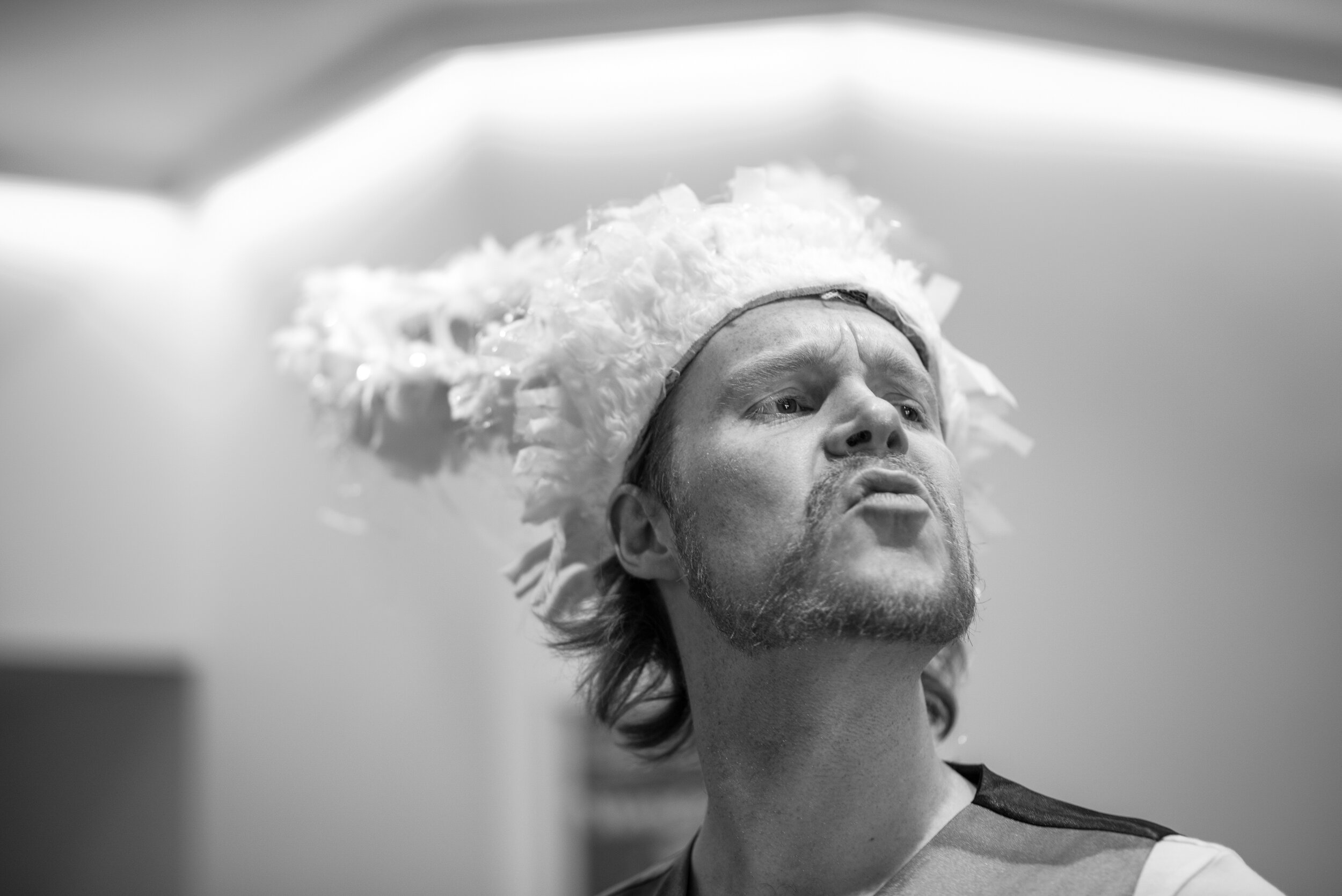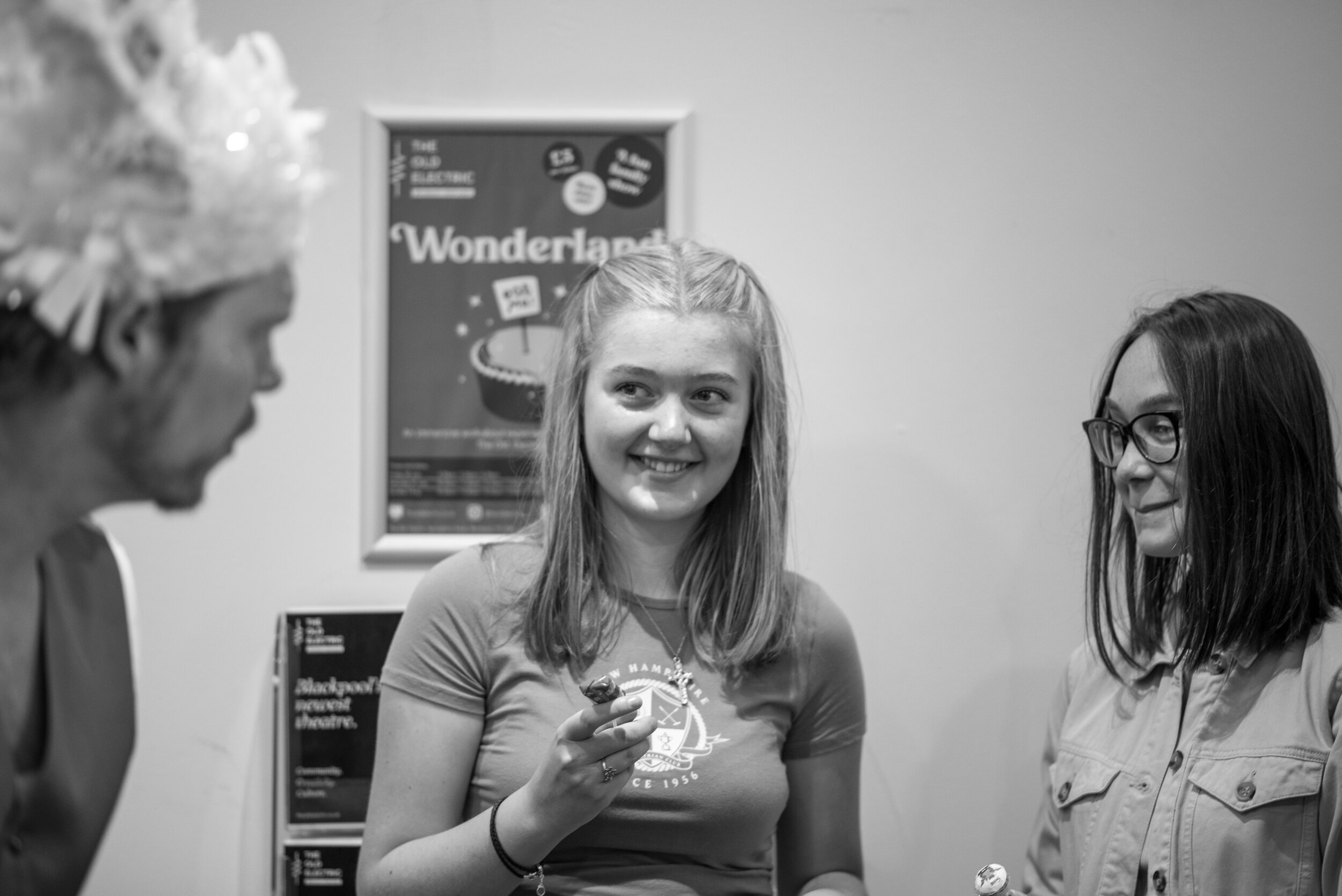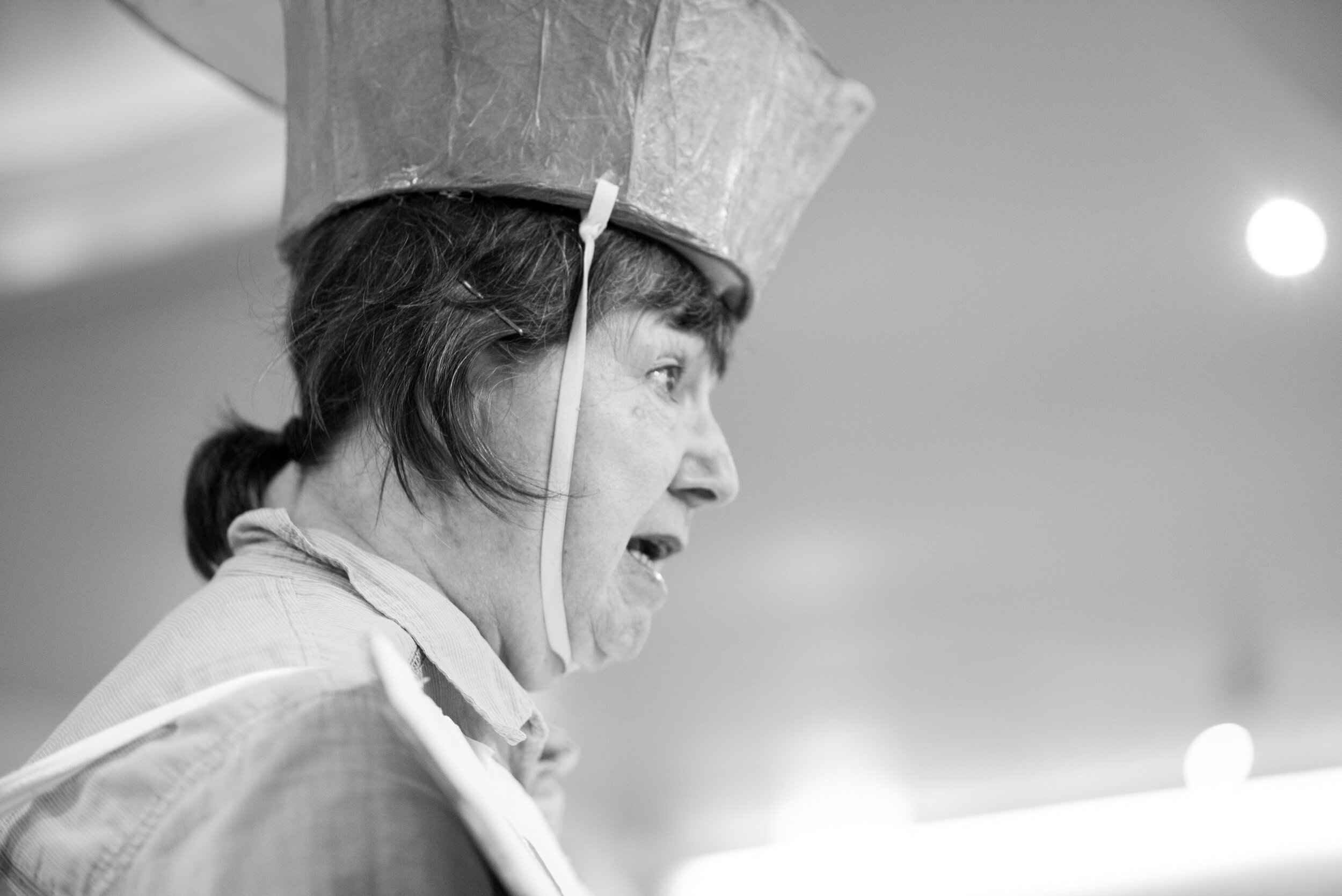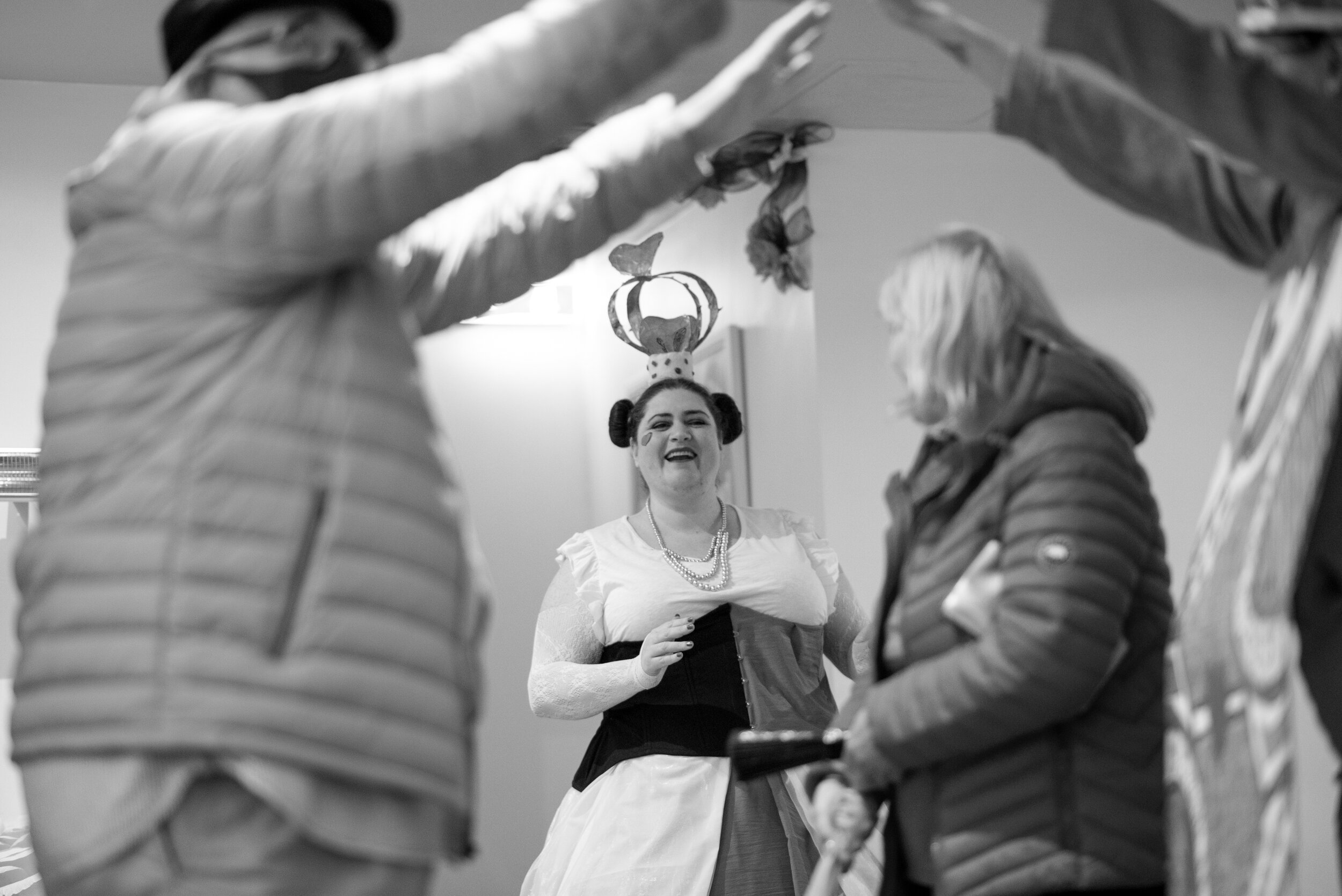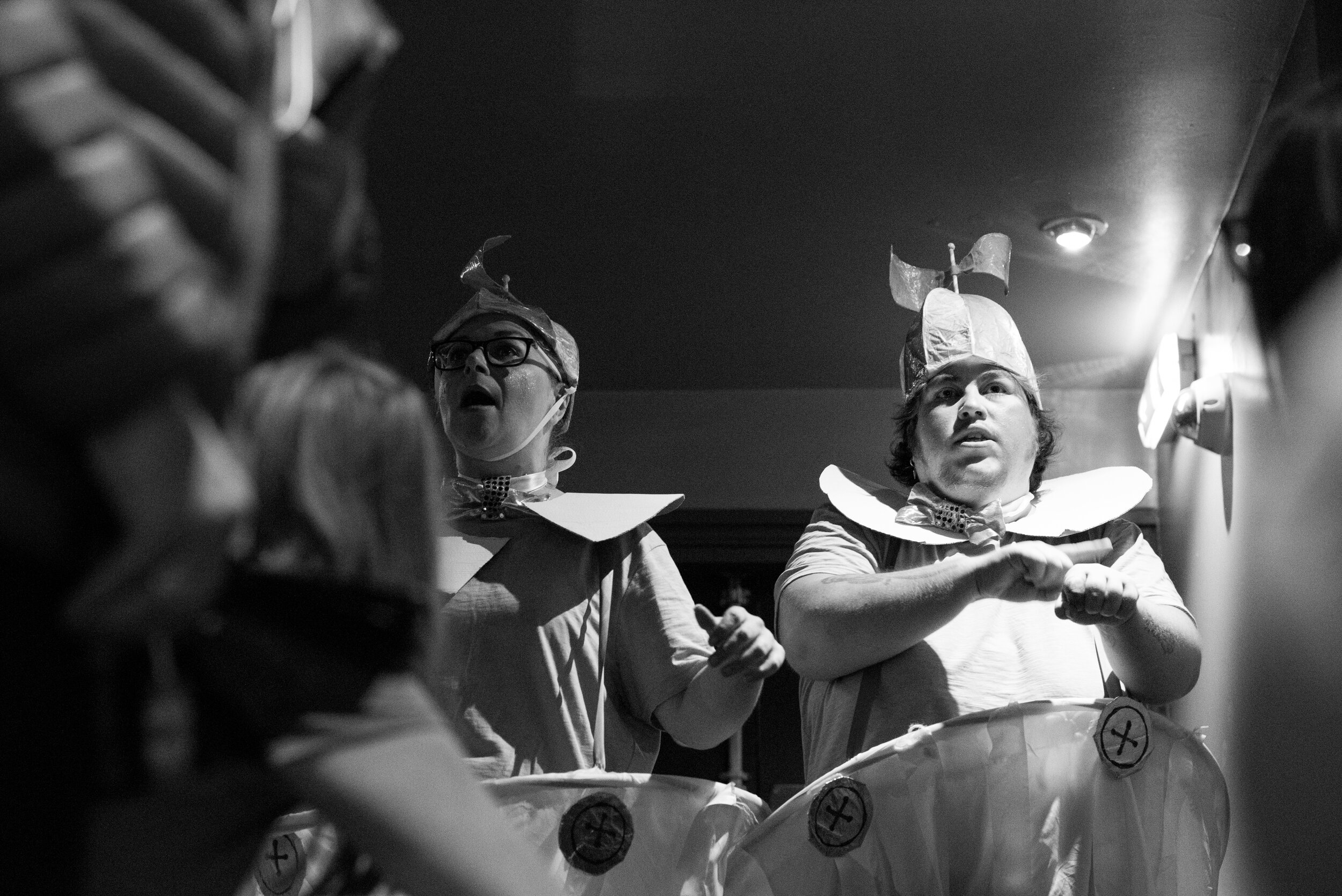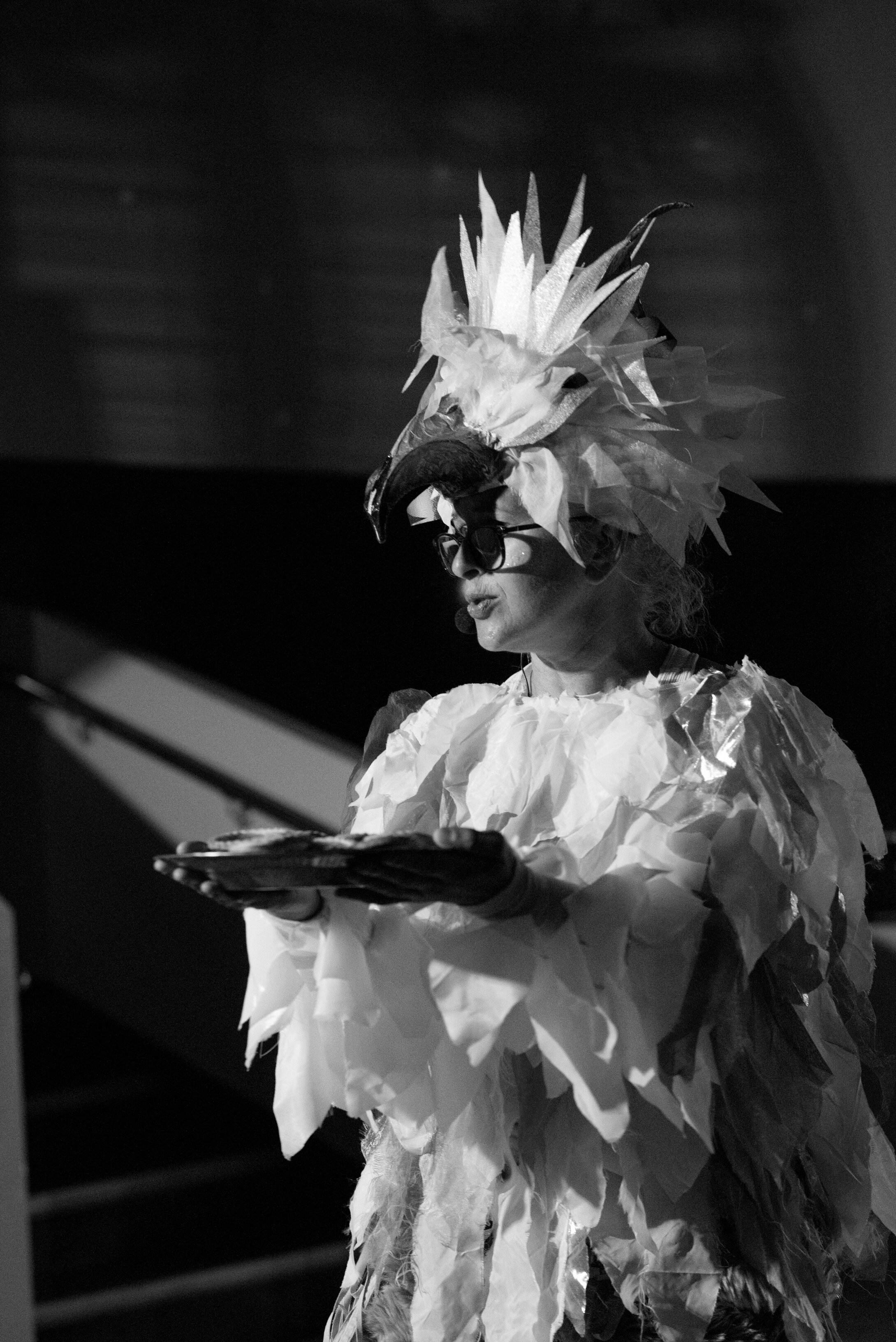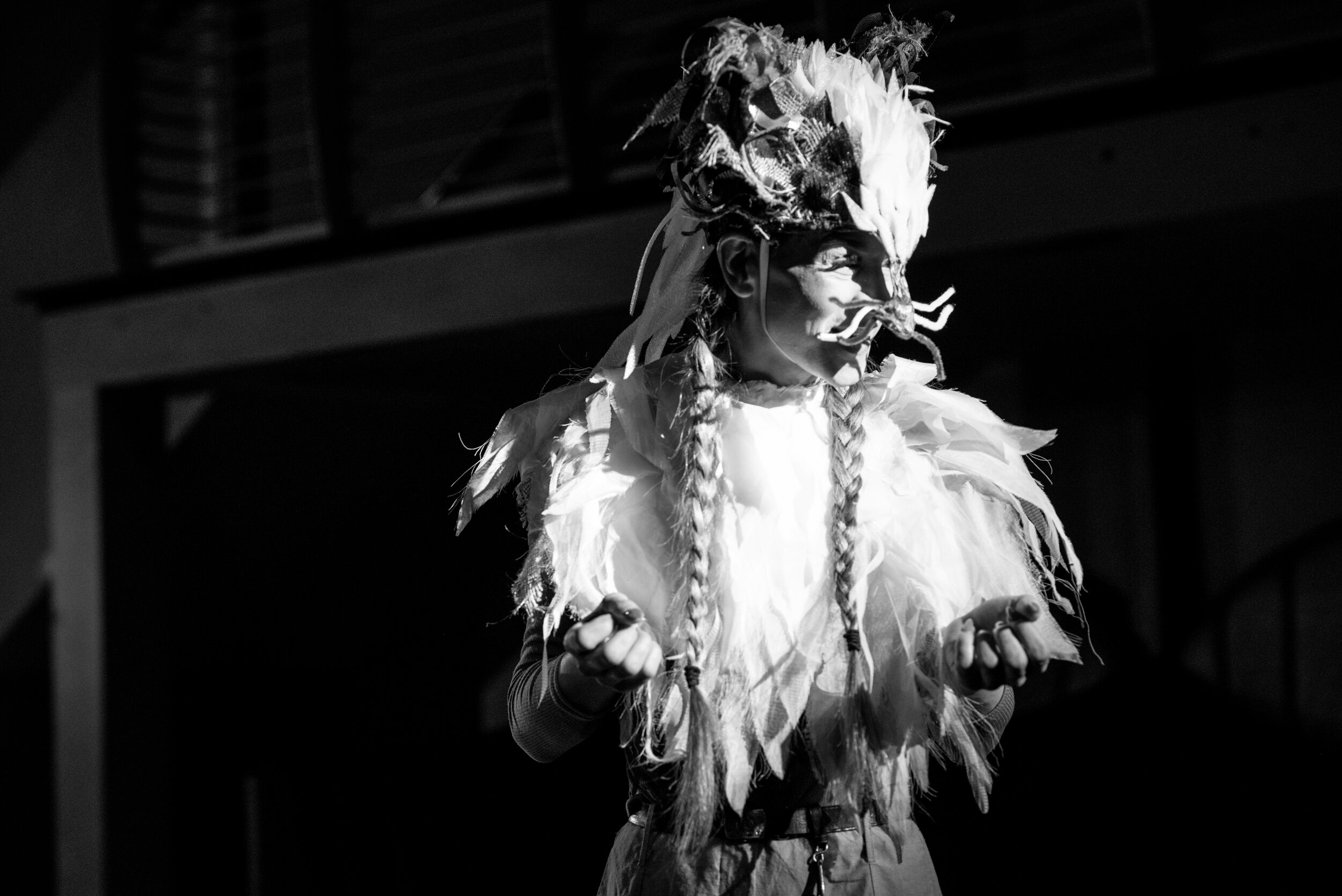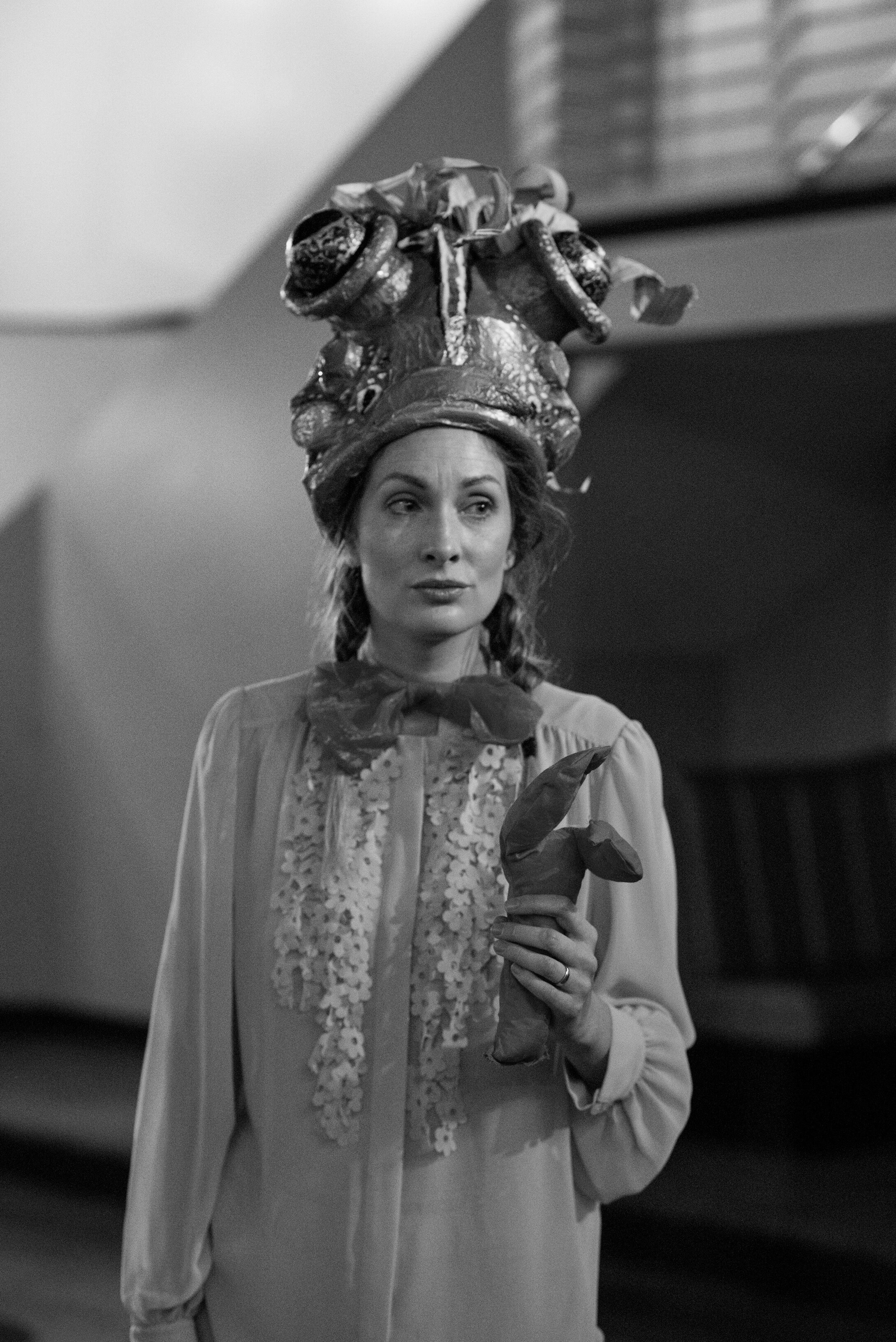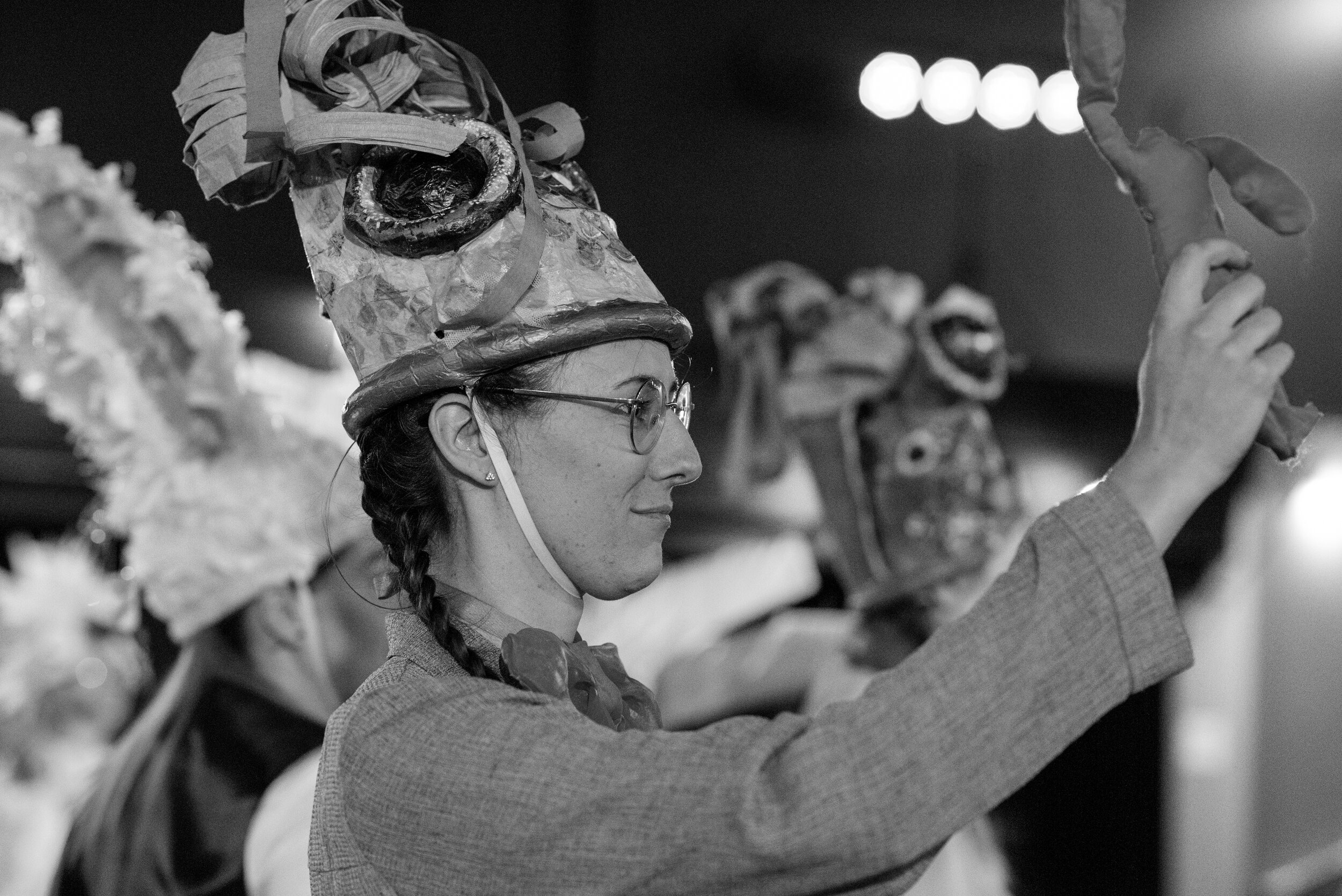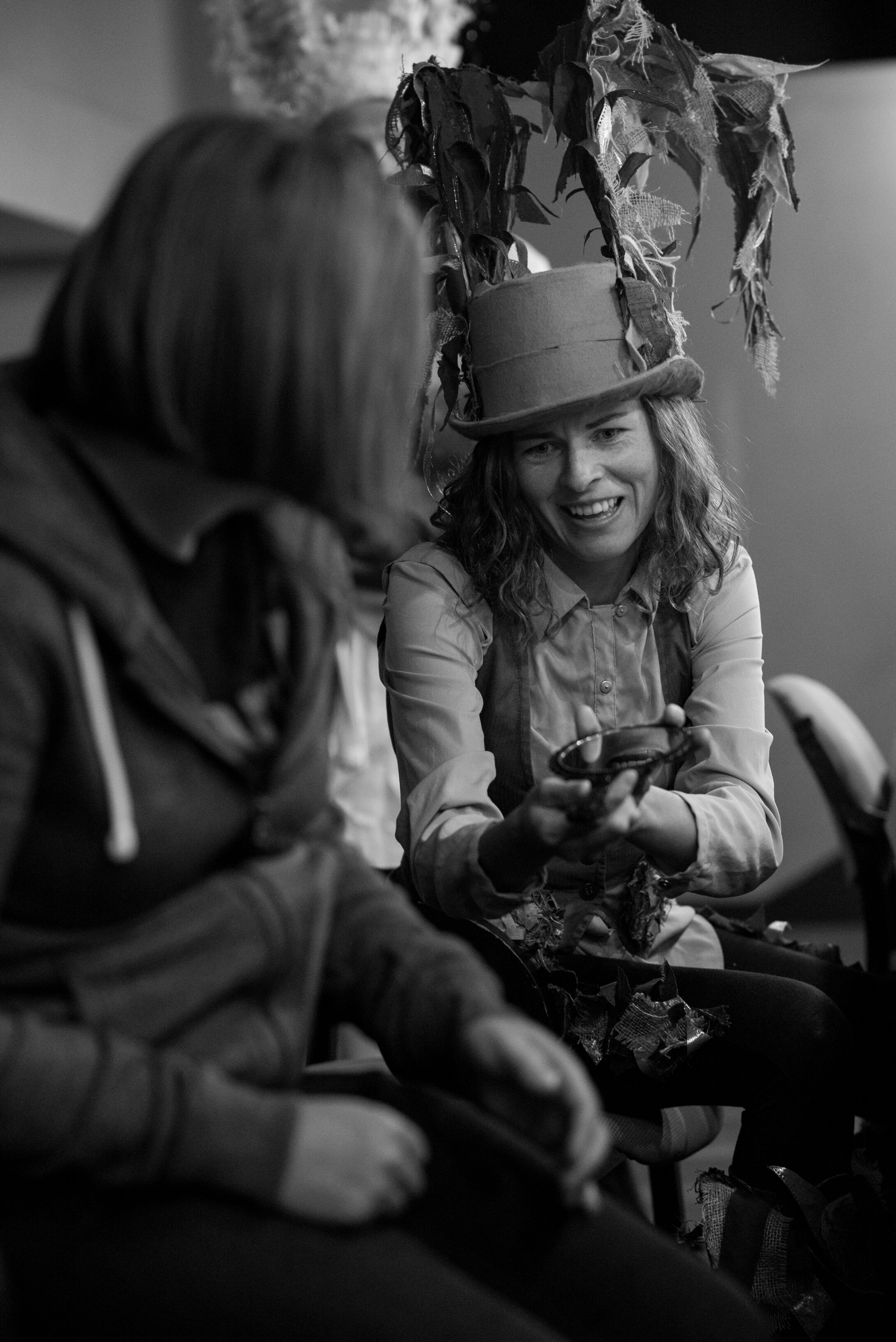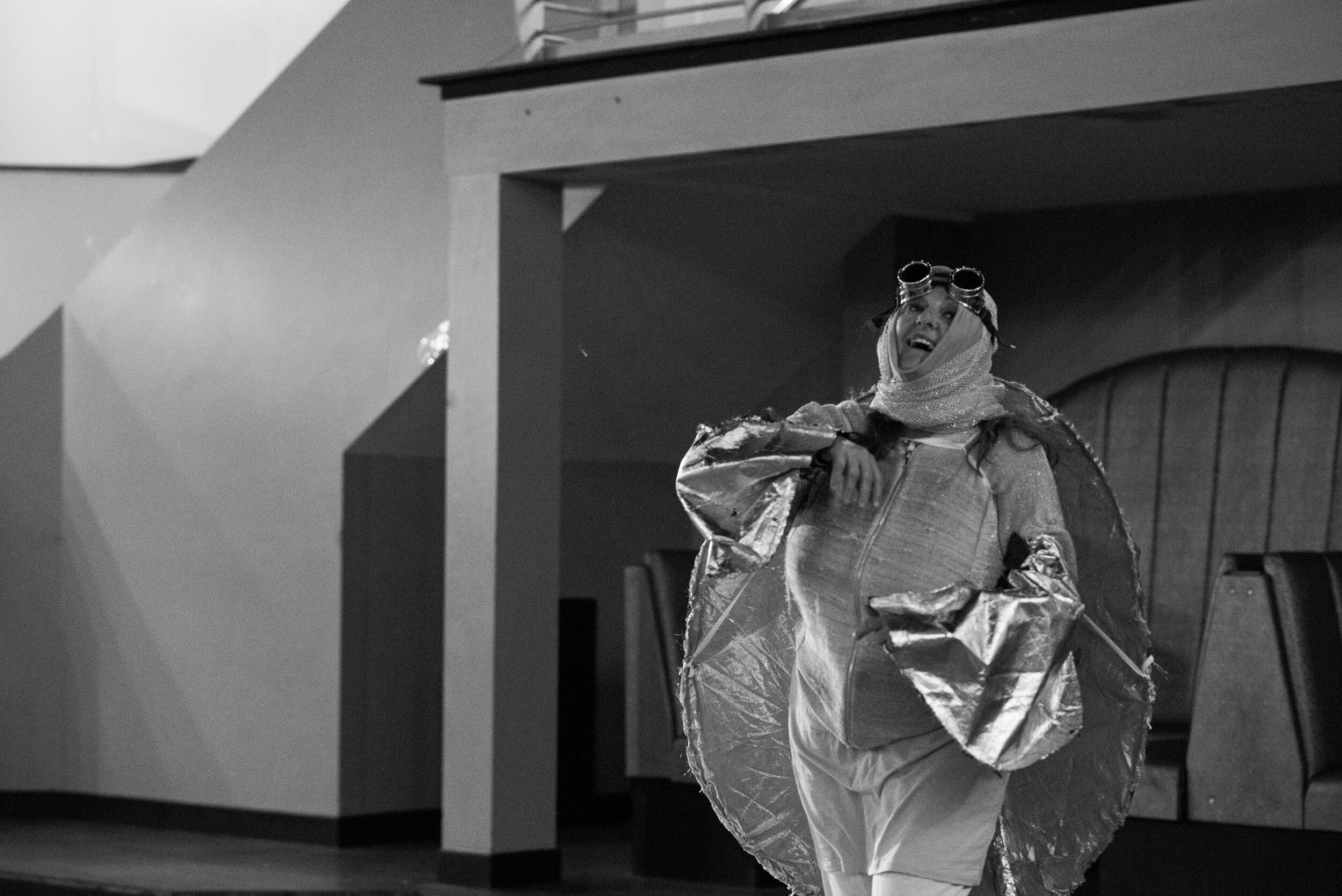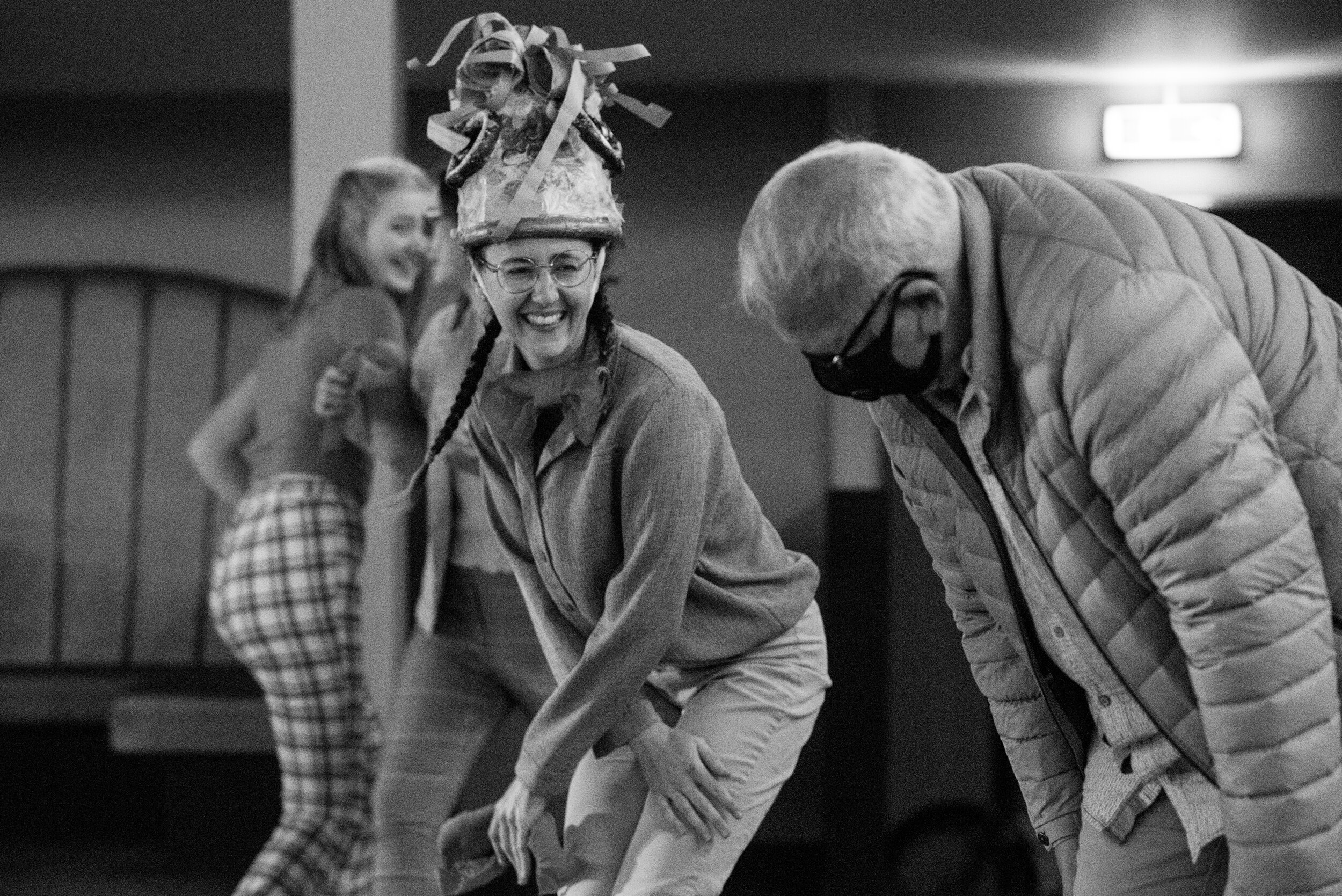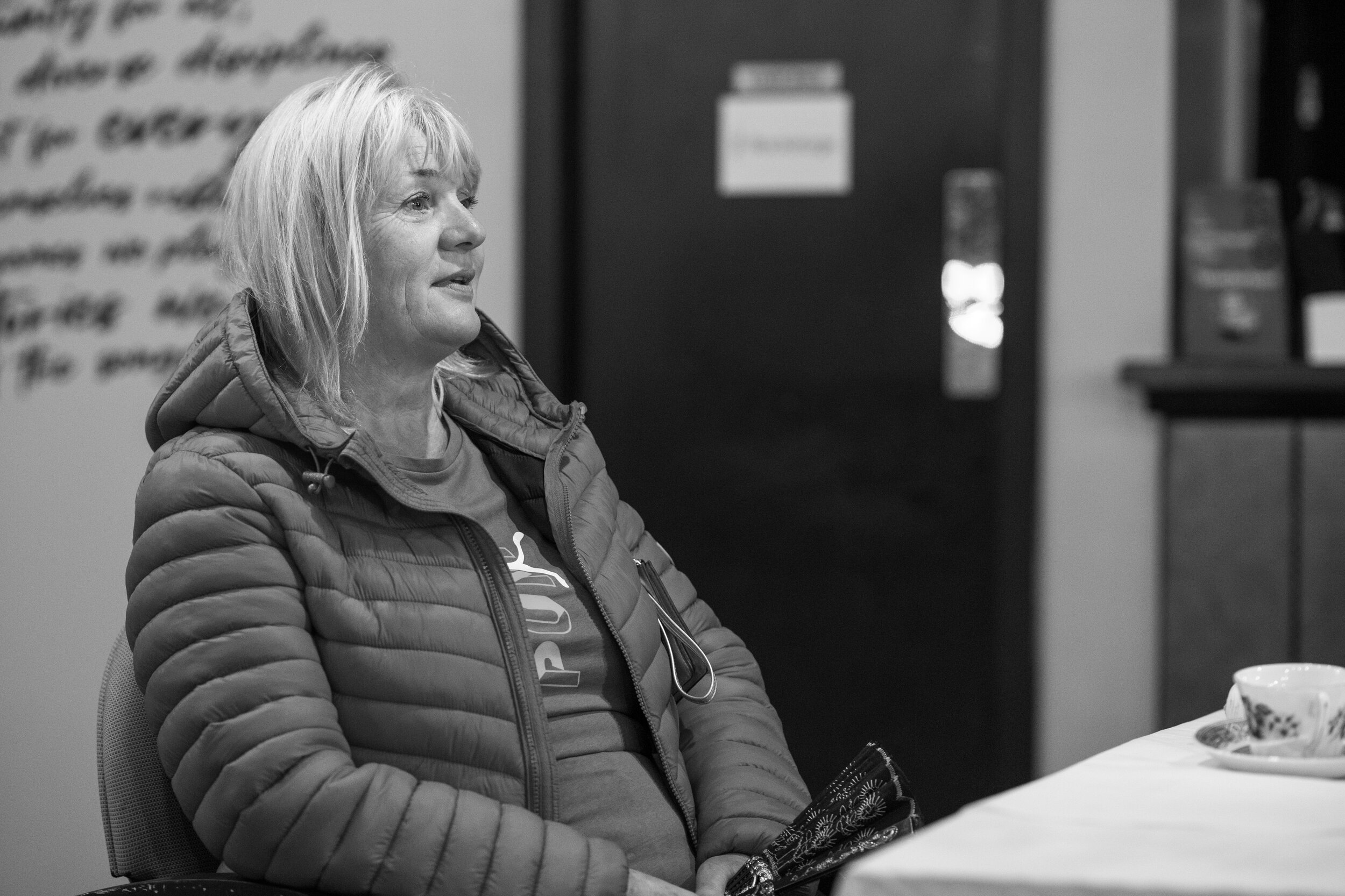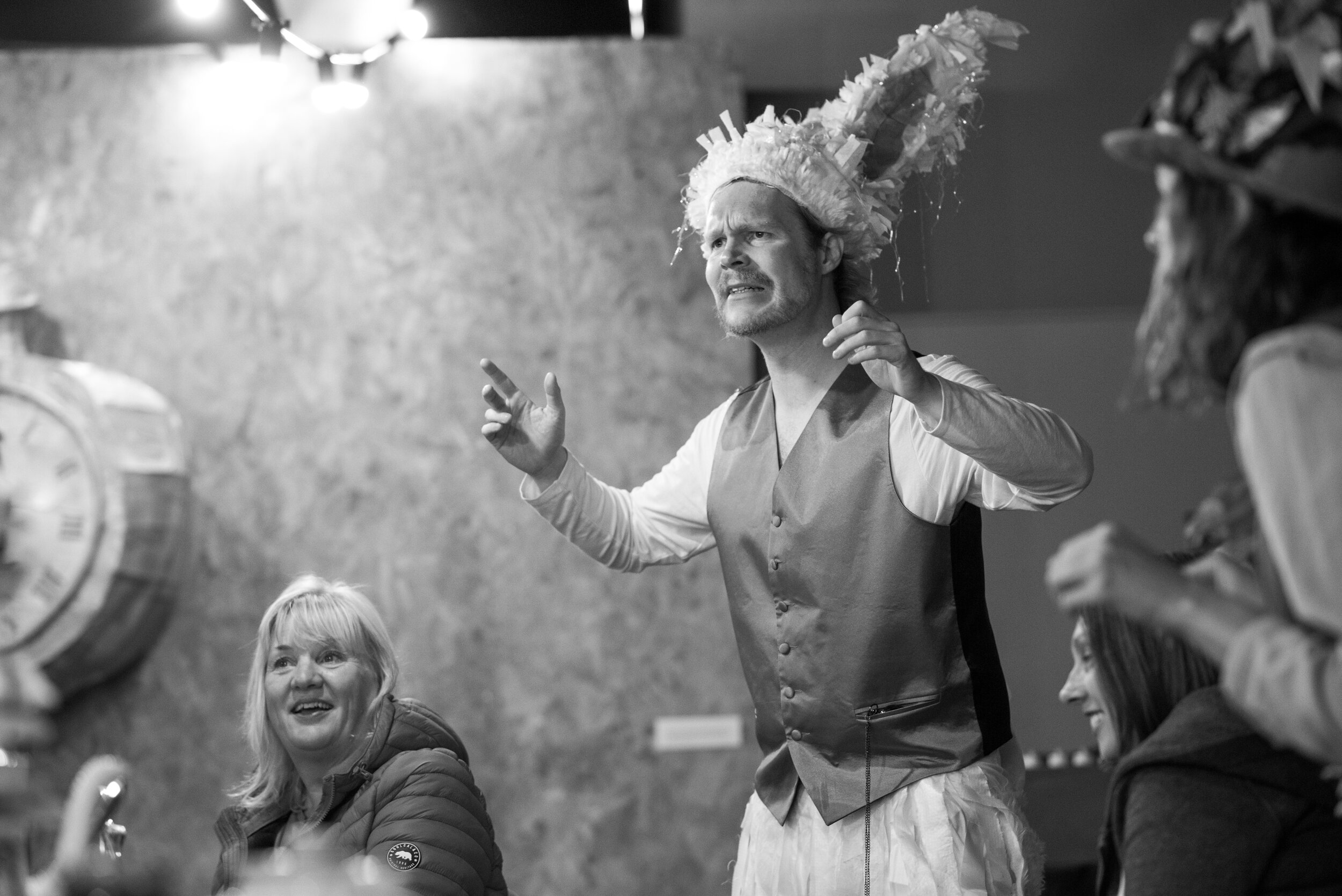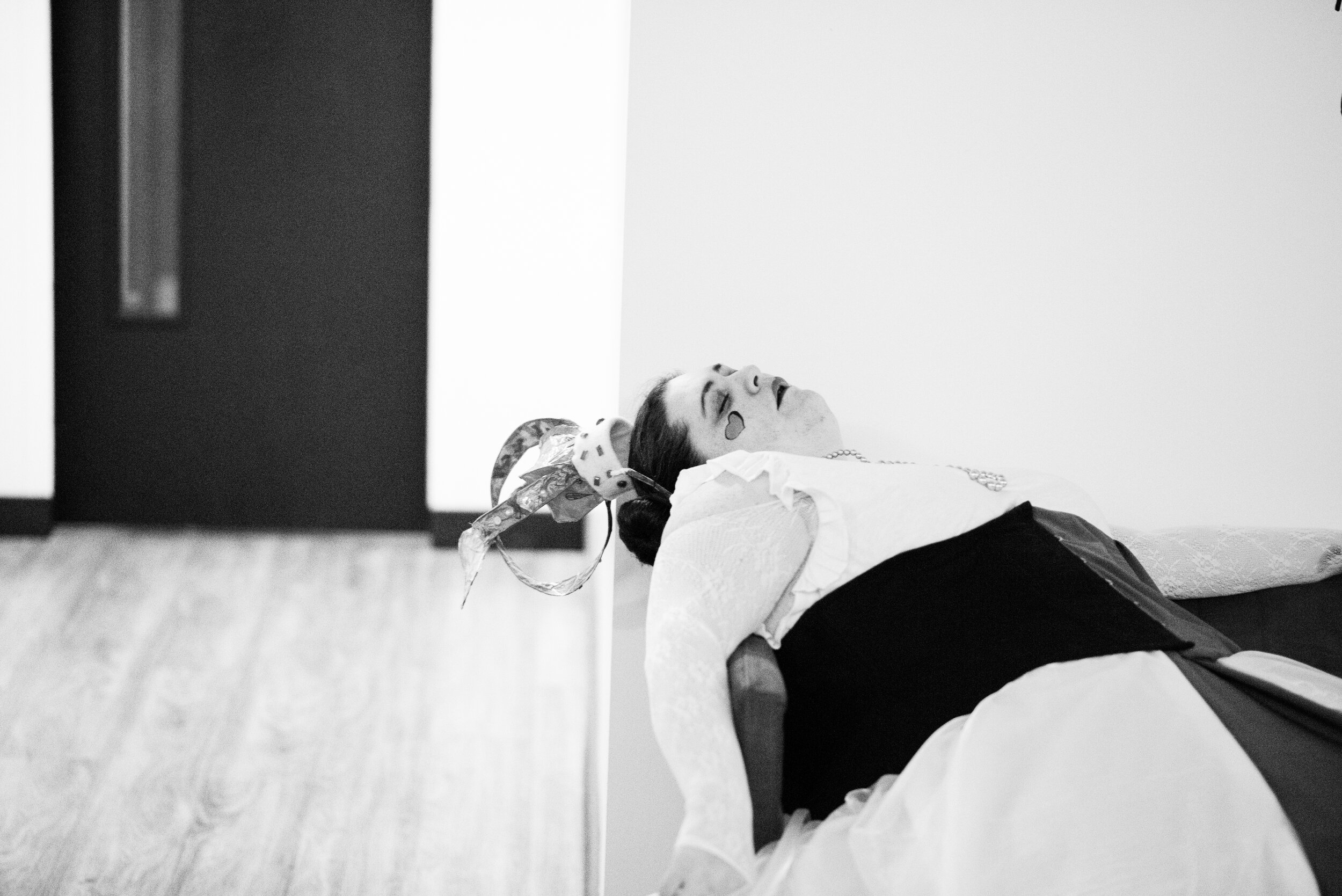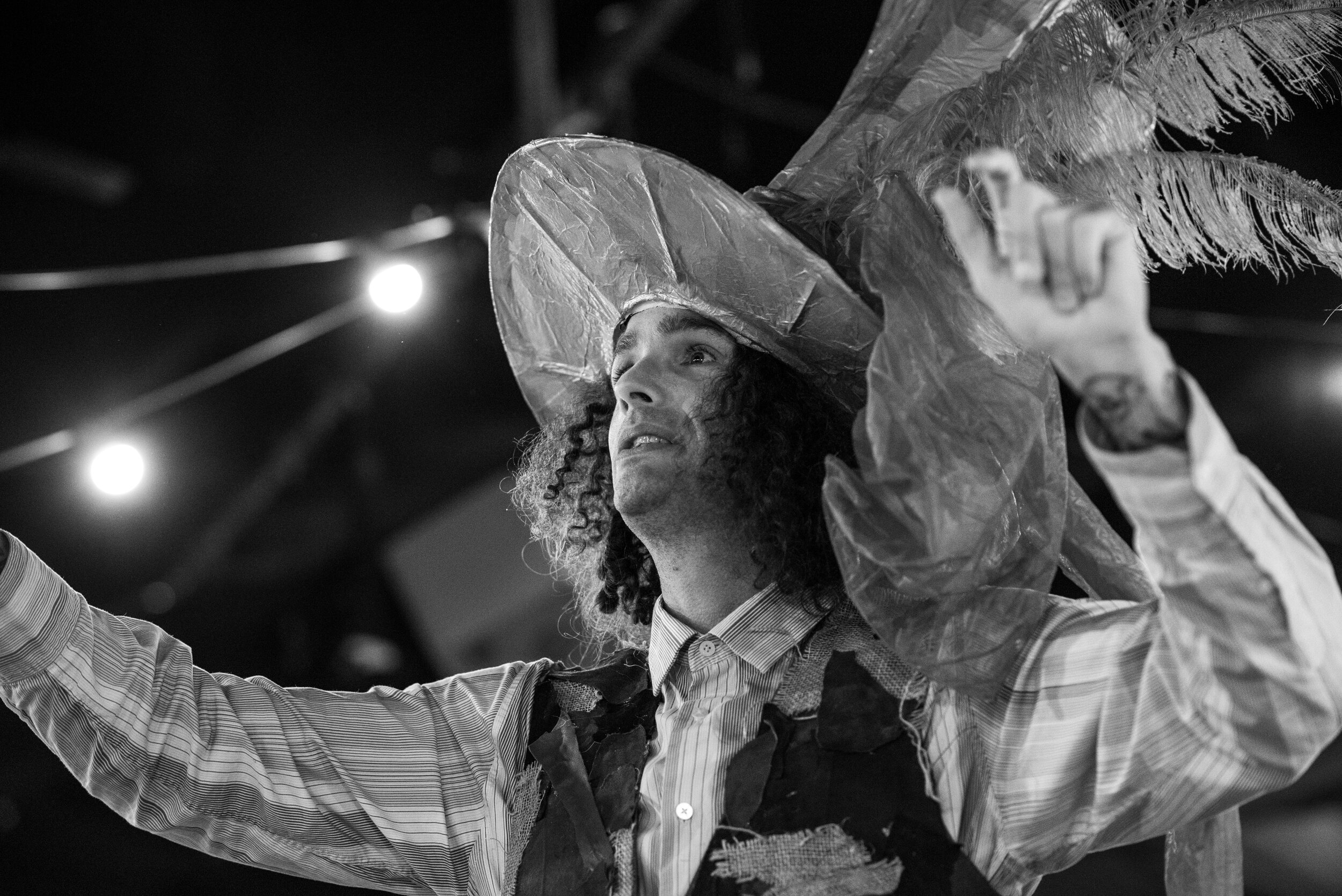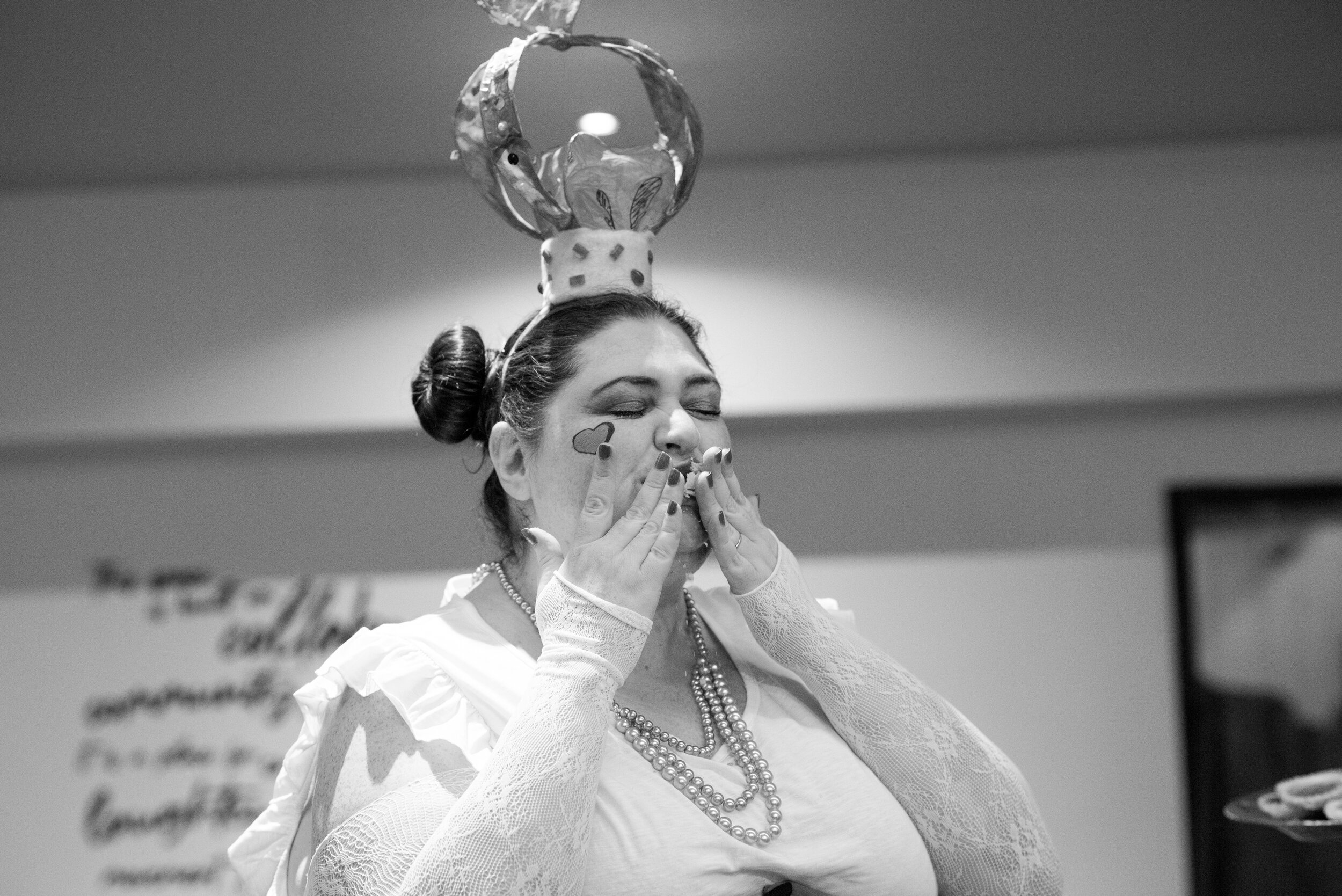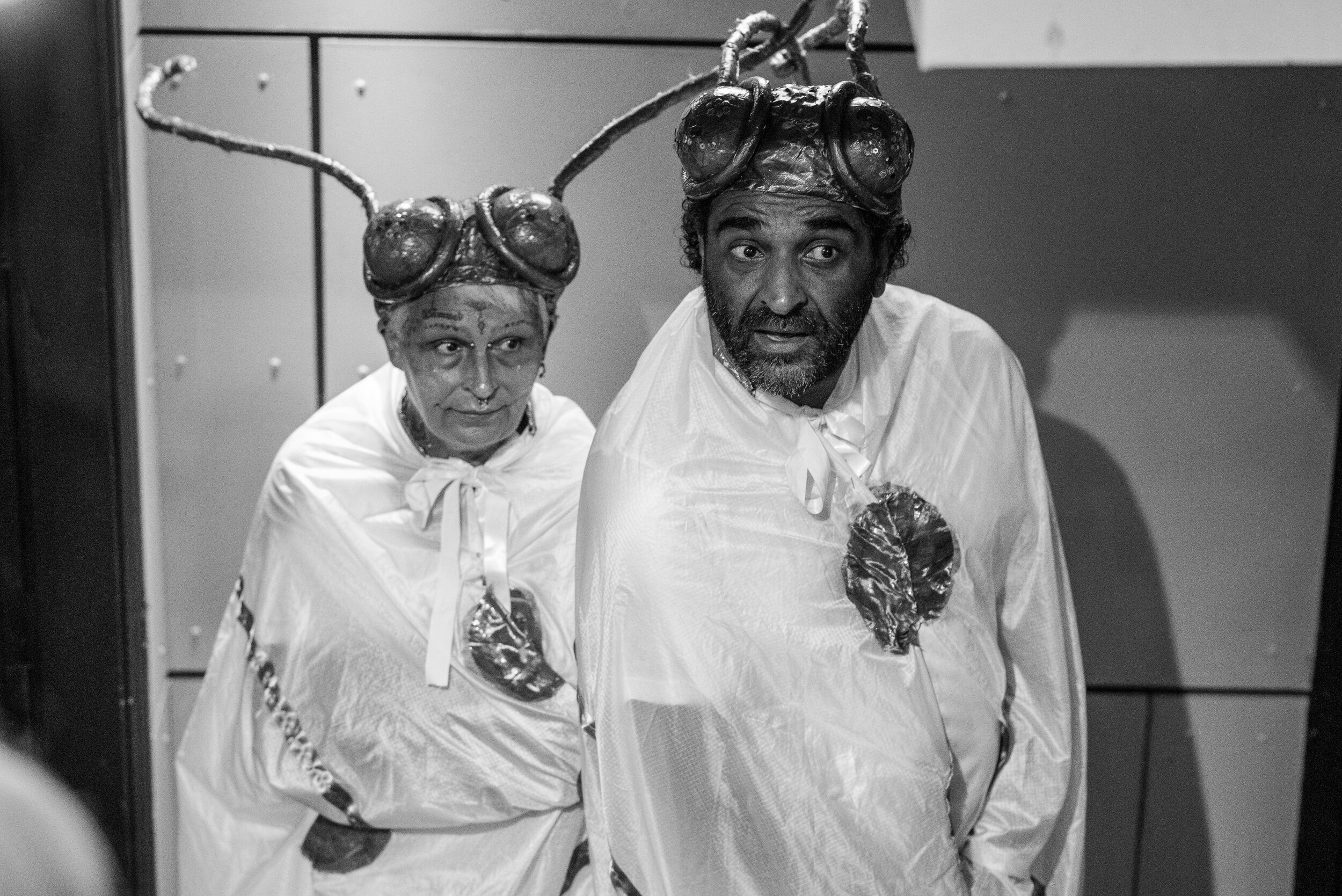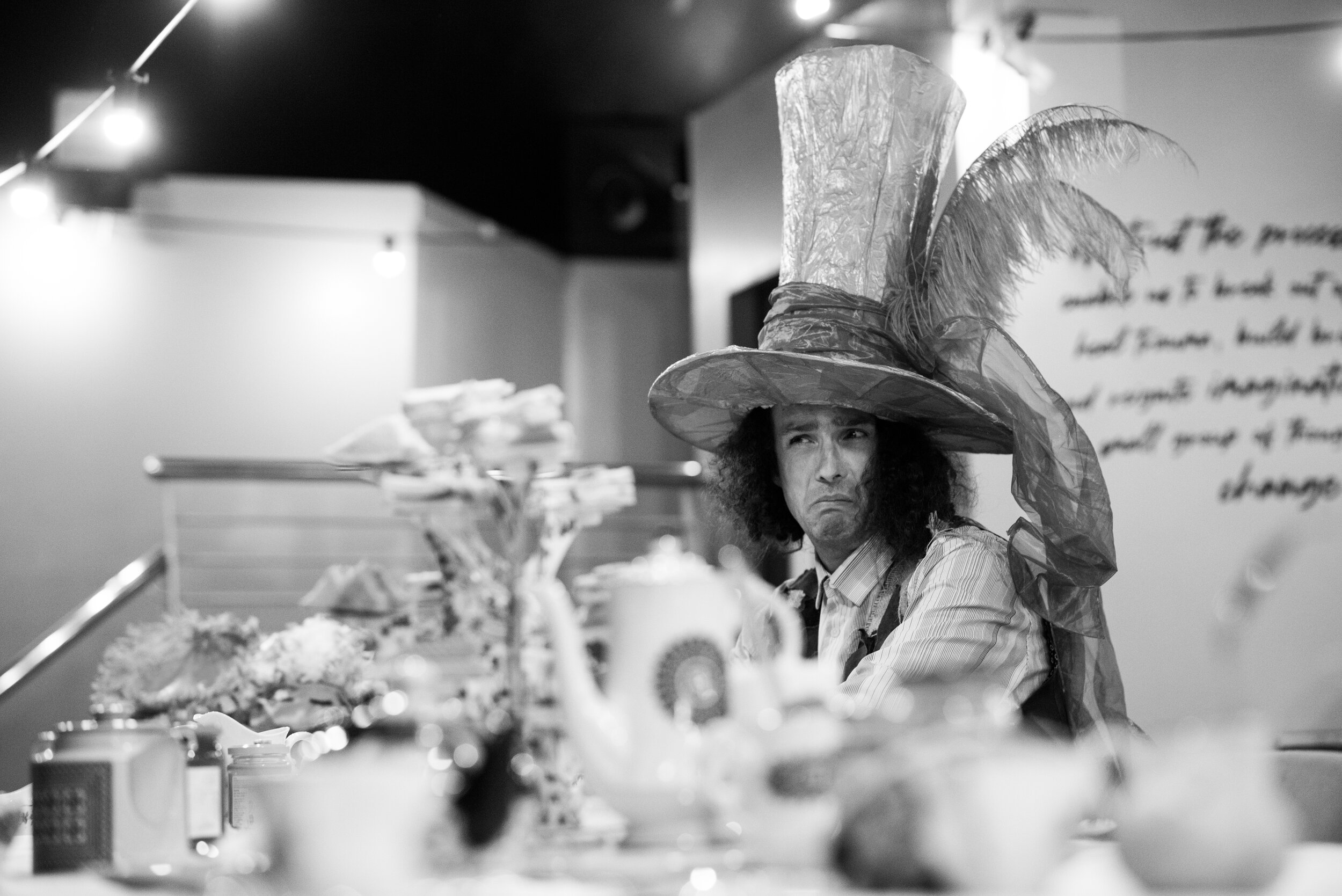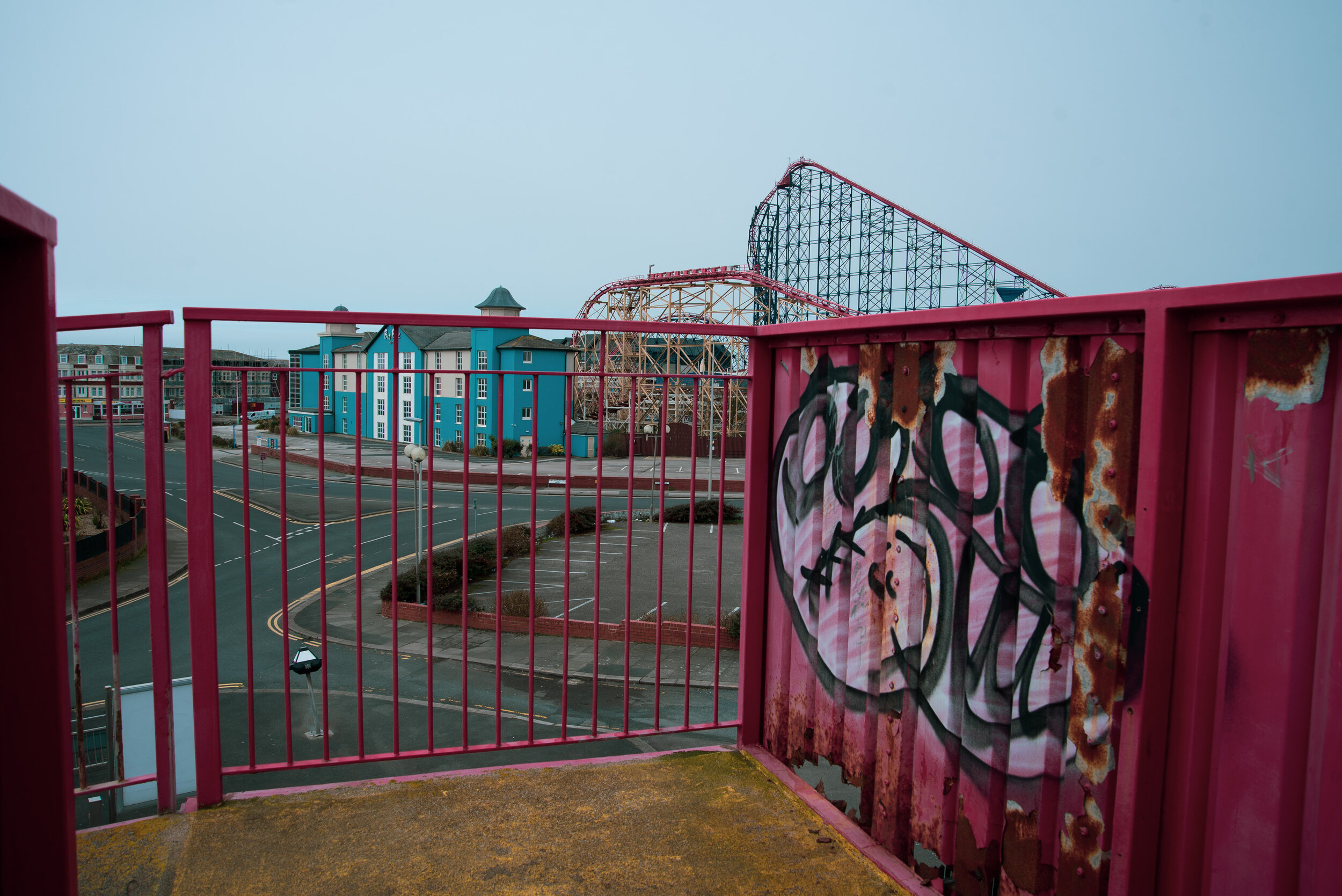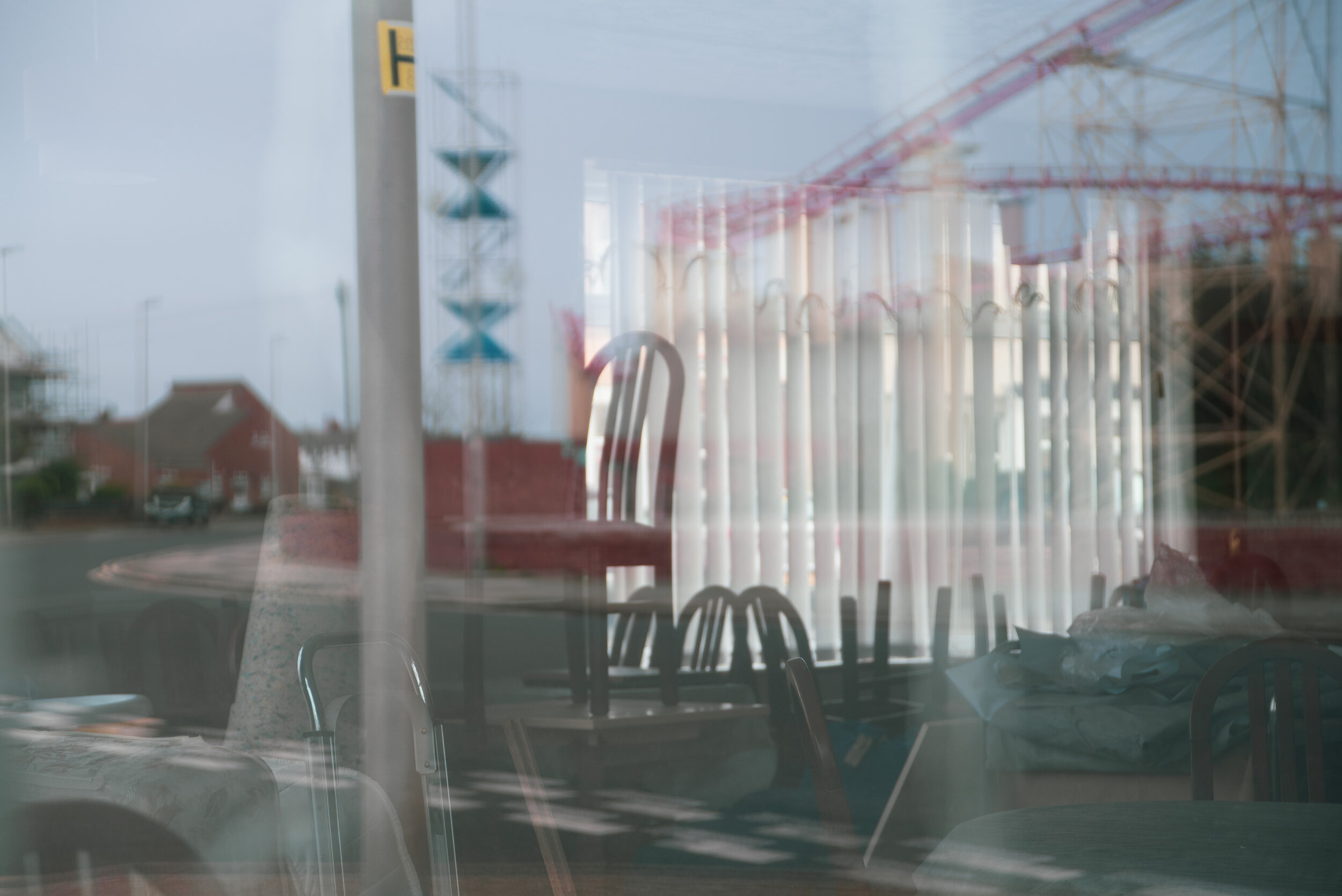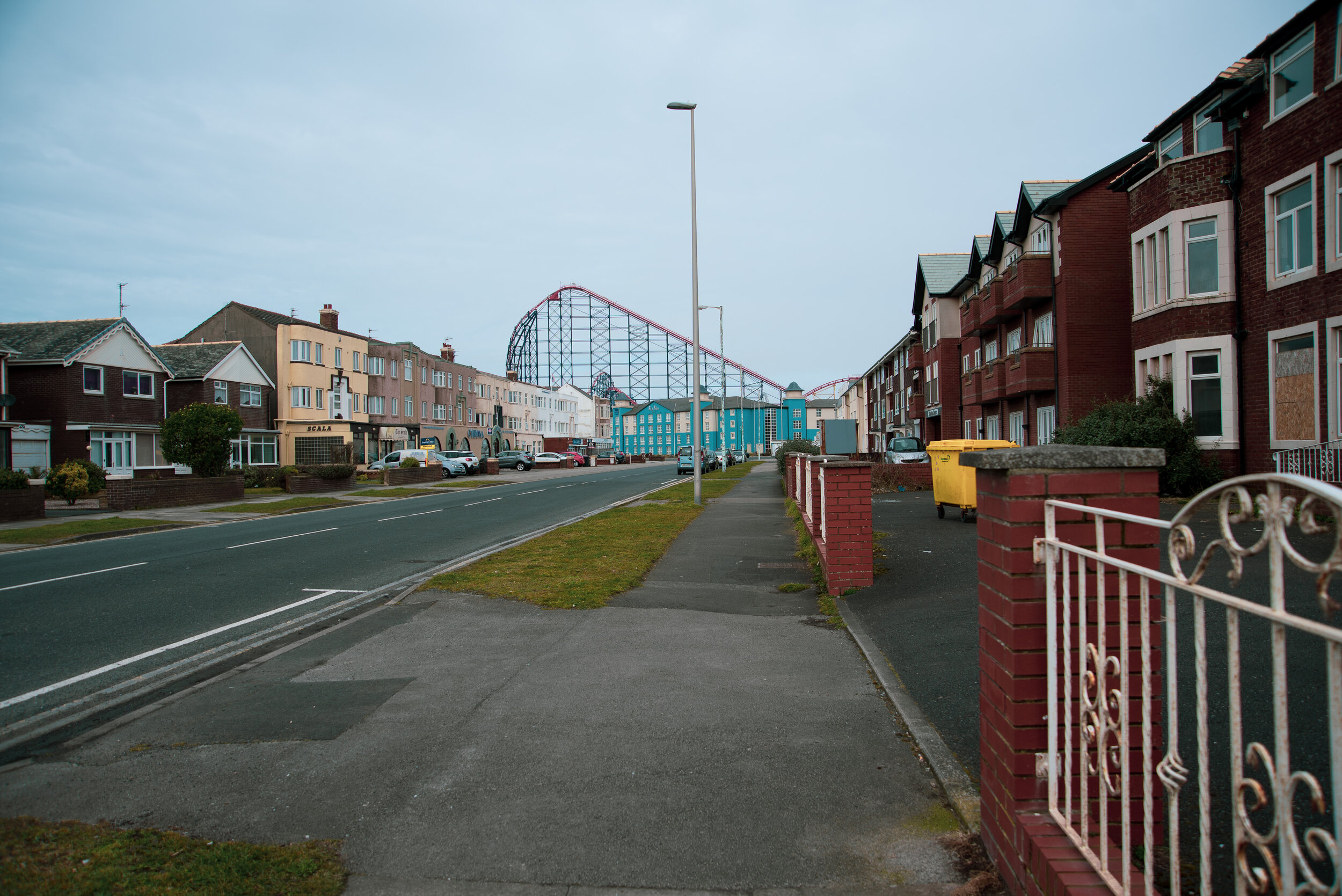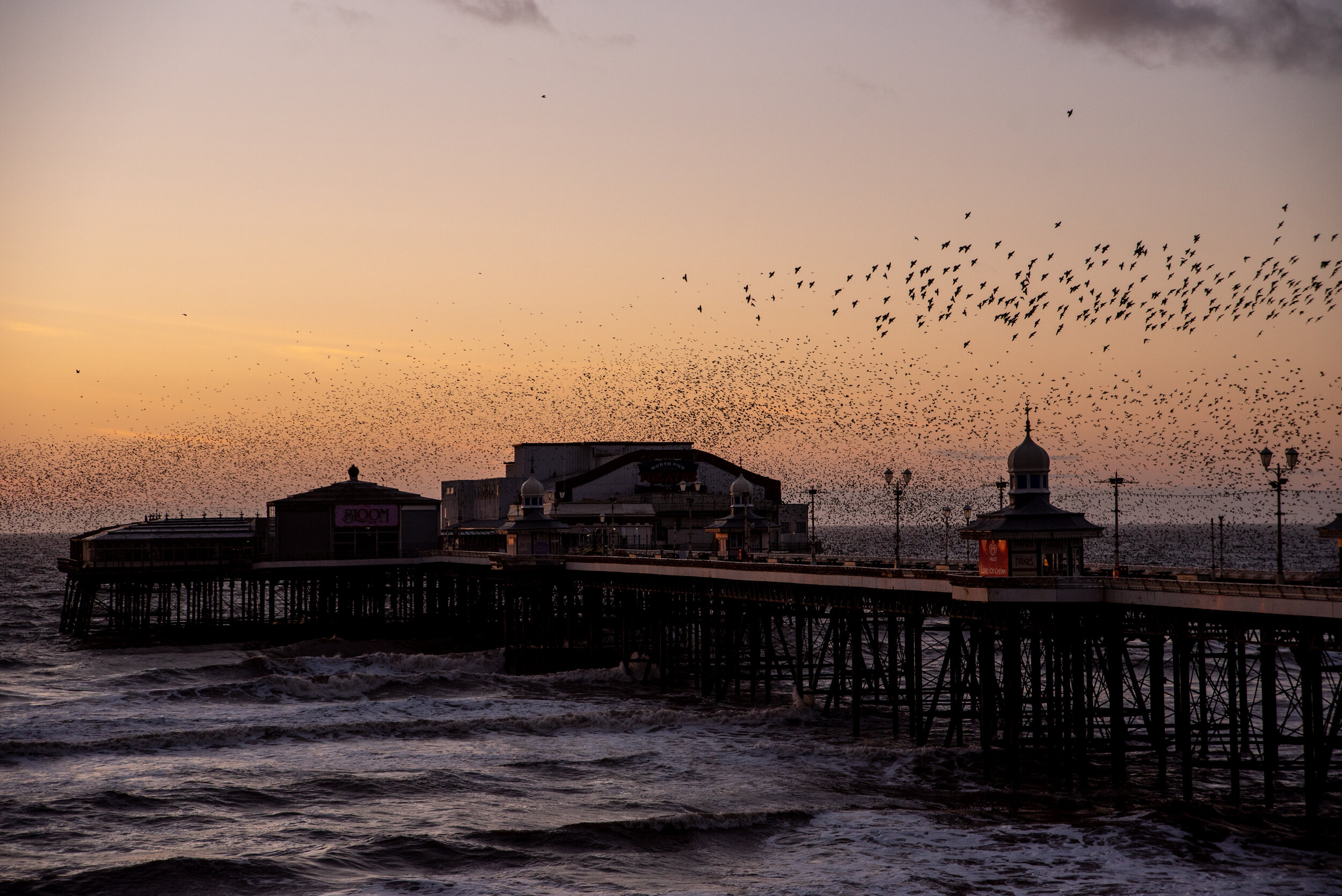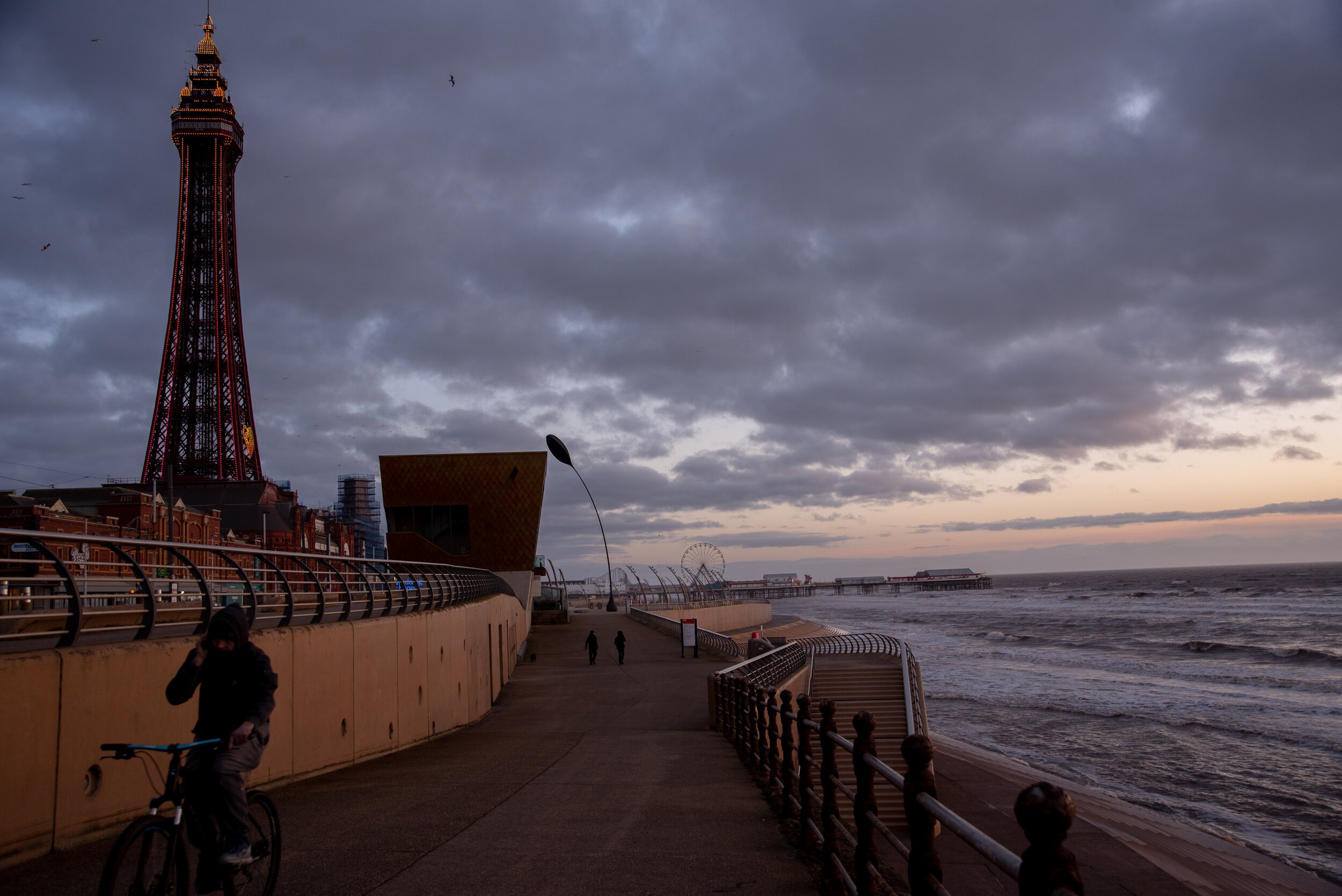Retiring is not an option if you are an artist, we continue and continue until our bodies let us.
After completing an Arts Council Supported series of images, the #retiredperformers project, I felt like I have learnt so much and realise how far I have got to go. The series taught me about connection, ownership, a sense of place and my own feelings of connection and loss of connection. It makes me think of community and how people come together to share experience, good and bad.
Who owns the story? The #retiredperformers series began from a personal viewpoint, semi autobiographical with a need to explore elements of class and social structure, a want for Blackpool to be seen as a place that is unique and worthy of respect, a place full of hidden stories, built on the “wakes weeks”. A place where my family ended up in the 70’s after my grandparents thought it would be a good idea to buy a Guesthouse here (I still have their guest book - but do not remember the building).
I am not sure whether I am looking for a sense of who I am and the town I live in through the participants in the series. My own family splitting when I was 8 years old and a history of heartache and perhaps loss of identity ensuing.
I forgot to ask my grandparents more stories about this. I remember someone telling me we lived next door to a Grumbleweed and the amazing Blackpool Carnival’s linger in my memory and some of which still exist on Supa 8. I miss my grandparents.
The #retiredperformers project the story of individuals relationship to performance, not always performers who “made it” - what is success anyway?
The participants stories varied, some did a few seasons at The Children’s Ballet or became Circusettes or a Tiller Girl - explaining back stage experiences or the discipline associated with being a performer. This is their story, created through audios and photographs. I realised I did not want to lead the participants, it became as much a journey for me as the photographer, a shared experience with the participant, I wanted them to be themselves.
How do we retell our stories and keep them authentic?
The #retiredperformers series was born from a number of key elements. A portrait of my husbands great grandma who was a Tiller Girl we know nothing about. A retired foot juggler I met while photographing a street festival in Blackpool and my Aunt who was a Circusette at Blackpool Tower - her whole life changed after marrying a German Juggler. https://www.bigissuenorth.com/features/2018/09/time-and-tide/
I think a common connection or experience binds us as human beings, attending a music gig, a performance, youth cultures (where are they now)? Popular press and politics seem to seek to divide and sew fear. We have stopped talking to one another - there is an isolation attached to social media exclaiming our points of view from behind a screen. Or stories re appropriated to serve a purpose or ending up belonging to an organisation or another person. Another Like me perhaps? I realised the gravity of what I was doing after a short time into the series, the gravitas of being allowed into peoples lives, but with hope that the series would allow a sense of respect for Blackpool the people that made it so.
A lady approached me at a showing of the #retiredperformers. “Have you read The Lonely City”?
When Olivia Laing moved to New York City in her midthirties, she found herself inhabiting loneliness on a daily basis. Increasingly fascinated by the most shameful of experiences, she began to explore the lonely city by way of art. Moving from Edward Hopper's Nighthawks to Andy Warhol's Time Capsules, from Henry Darger's hoarding to David Wojnarowicz's AIDS activism, Laing conducts an electric, dazzling investigation into what it means to be alone, illuminating not only the causes of loneliness but also how it might be resisted and redeemed. https://www.amazon.co.uk/Lonely-City-Adventures-Being-Alone/dp/1250039576
Humane, provocative, and moving, The Lonely City is a celebration of a strange and lovely state, adrift from the larger continent of human experience, but intrinsic to the very act of being alive.
The time might have arrived to really pursue the stories that live in my soul. I think we live in cycles and “what goes around comes around” we visit old ideas, we come across people we have not seen for ages, how do we remember, how do we connect?
Photography is powerful it can allow access it tells a story , it documents, it can alter perceptions, create new perceptions, it captures time.
We must encourage creativity for our children, our friends, our grandparents, the people we meet through shared stories. We must feel confident to tell our own stories, of the places we belong to, the connections we have made from our own point of view to create that connection that we all long for and to tell our stories.
https://www.retiredperformers.com/
Featured image: Entrance at Funny Girls http://funnygirlsonline.co.uk/2-uncategorised/55-a-brief-history


